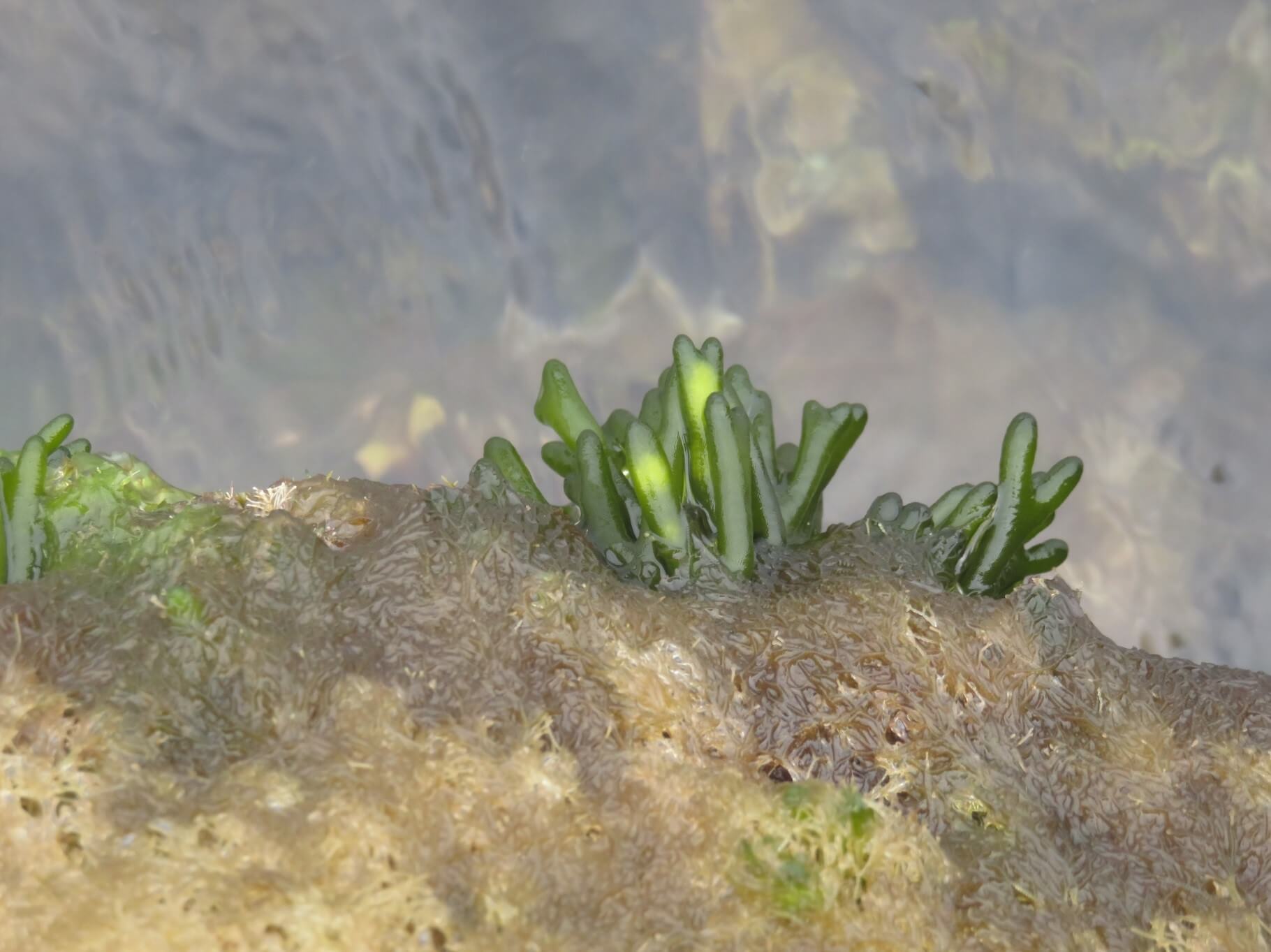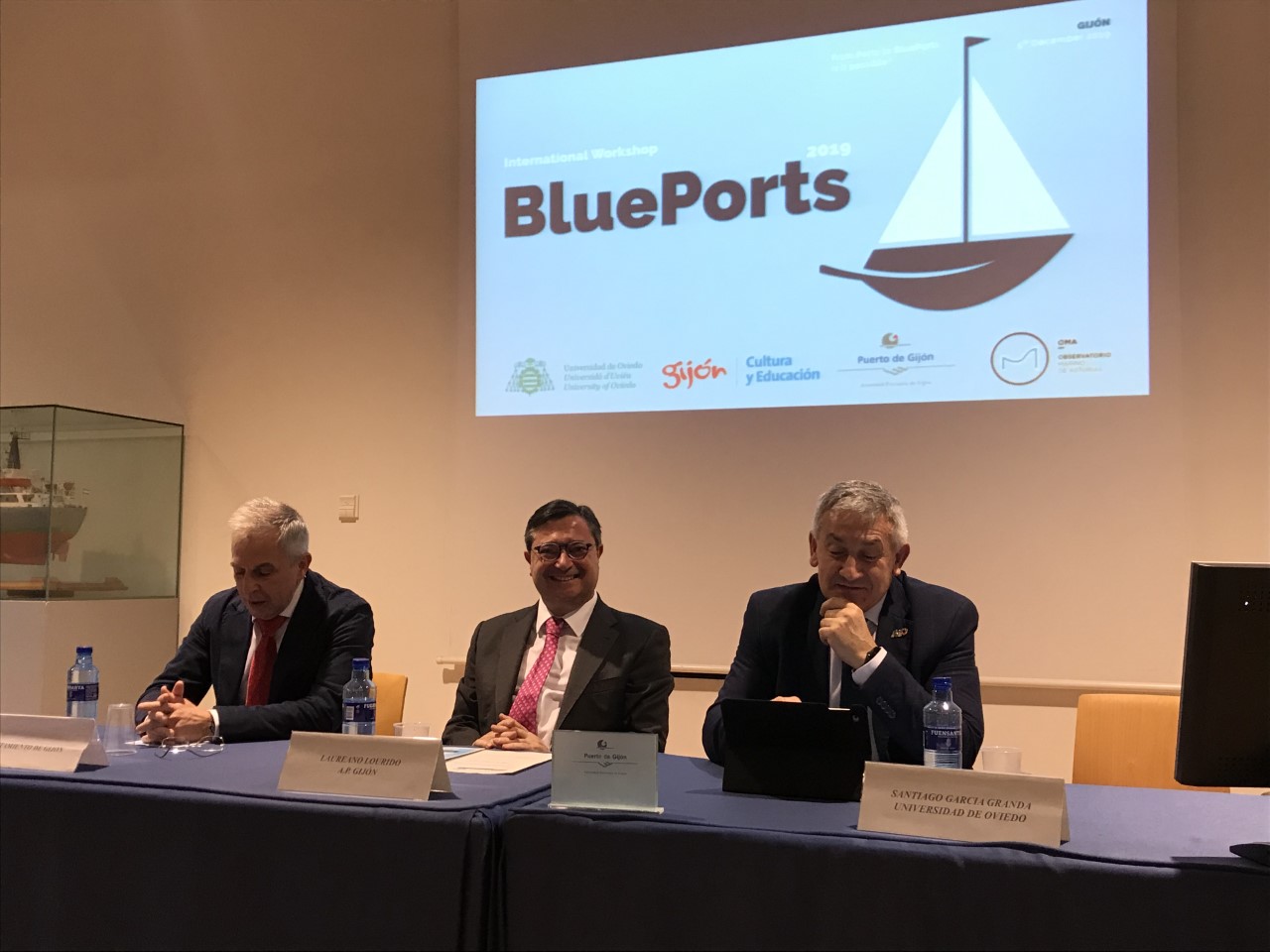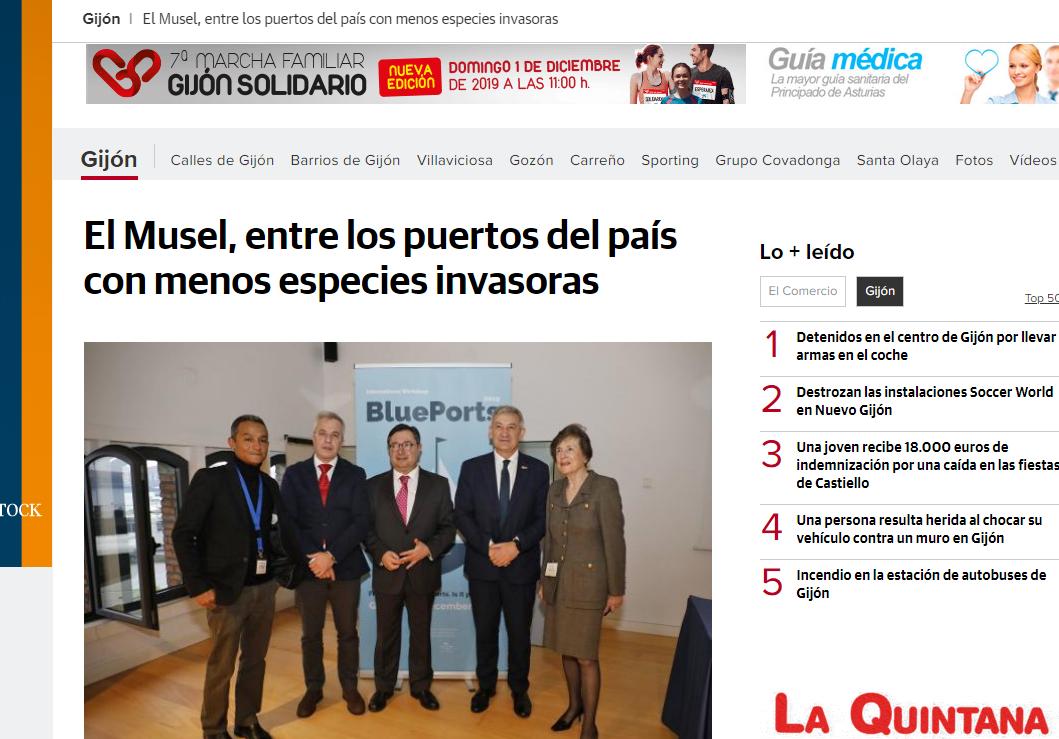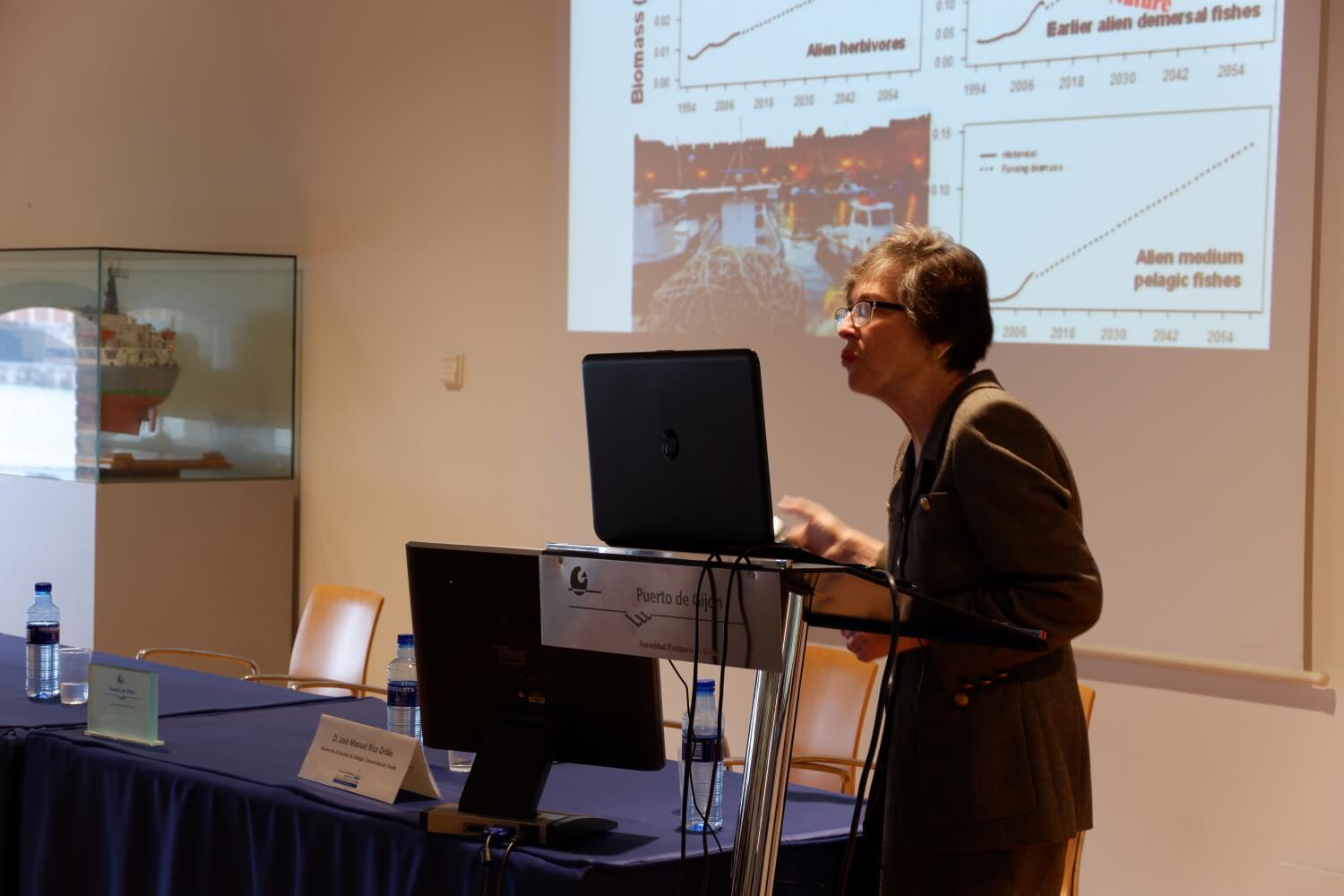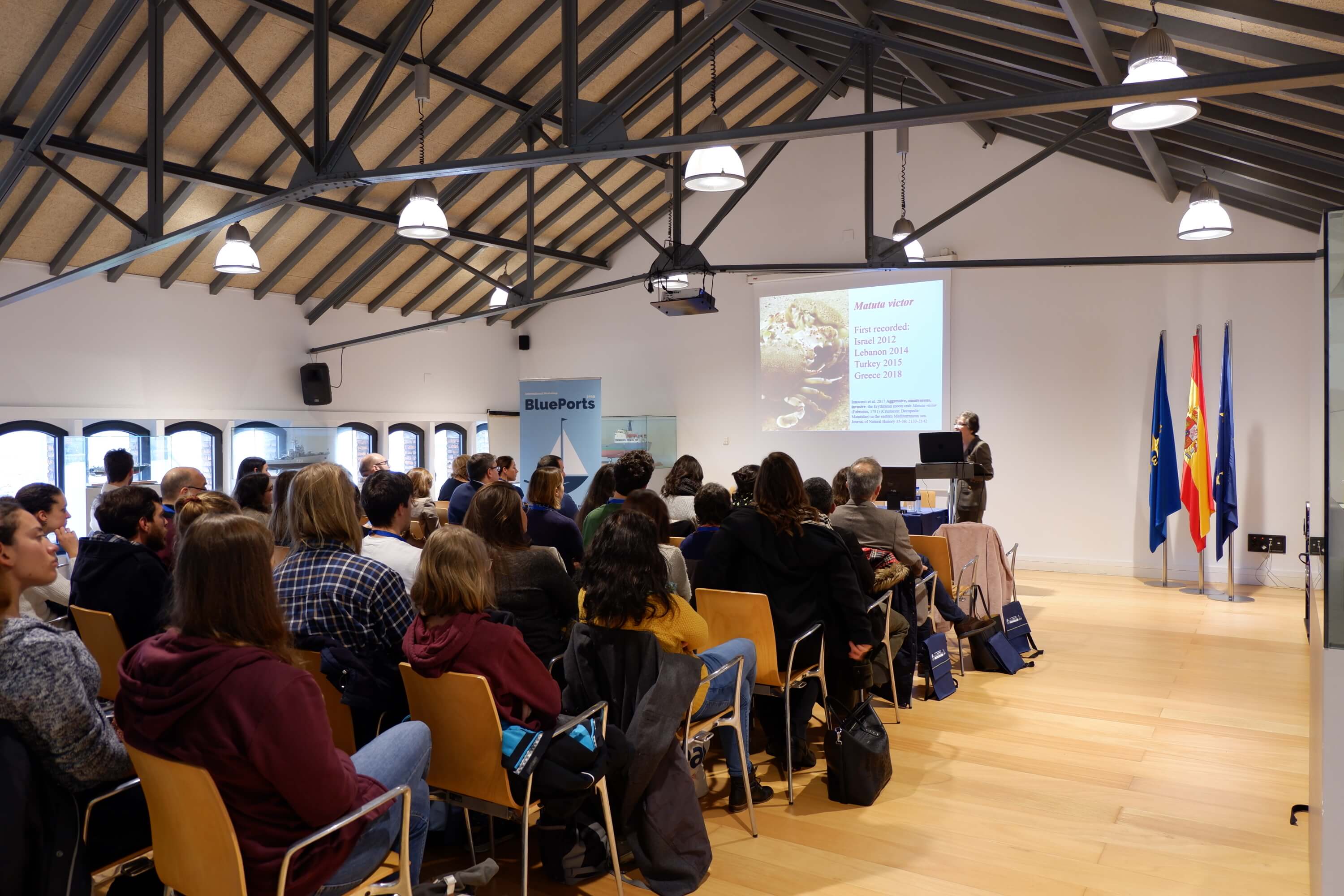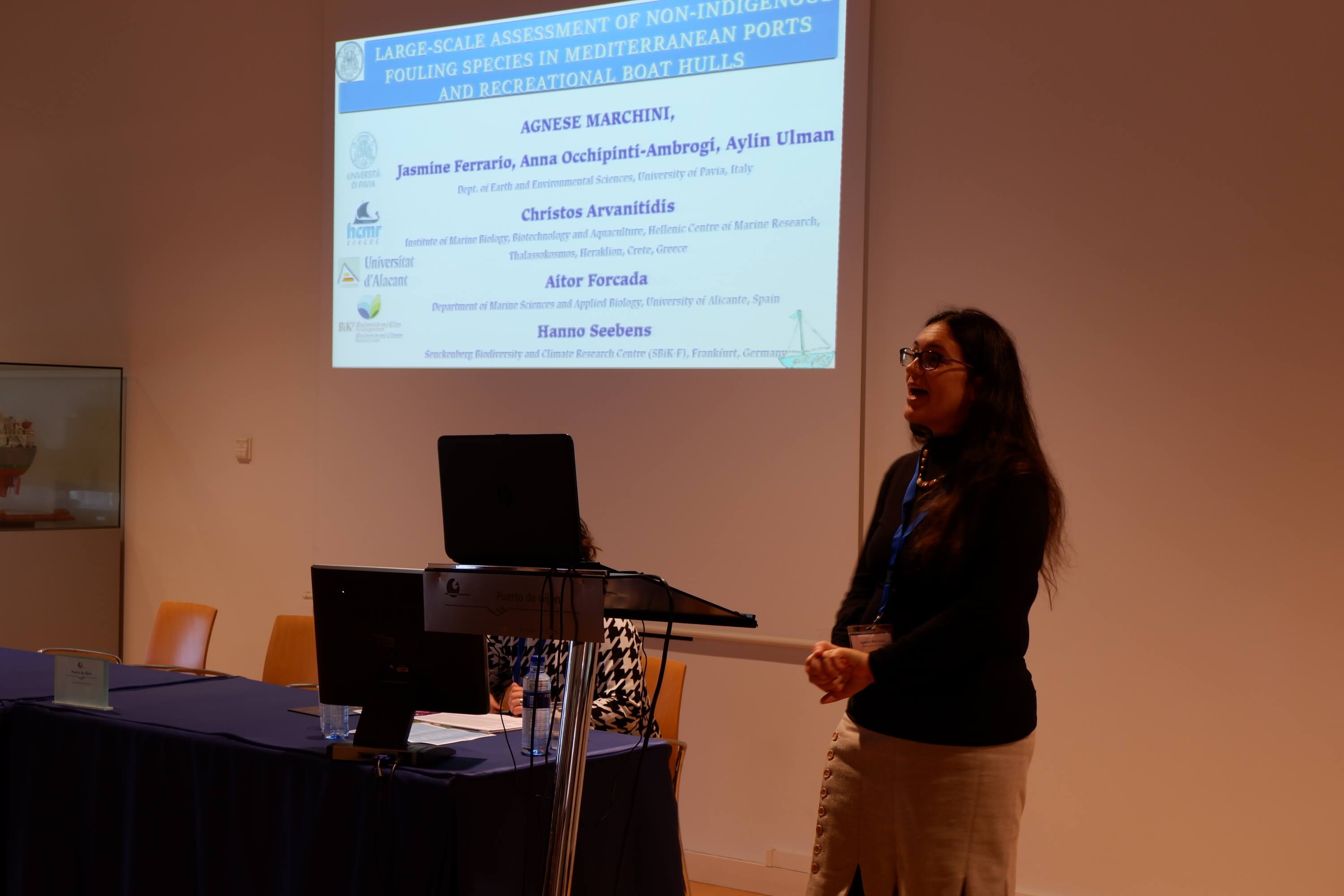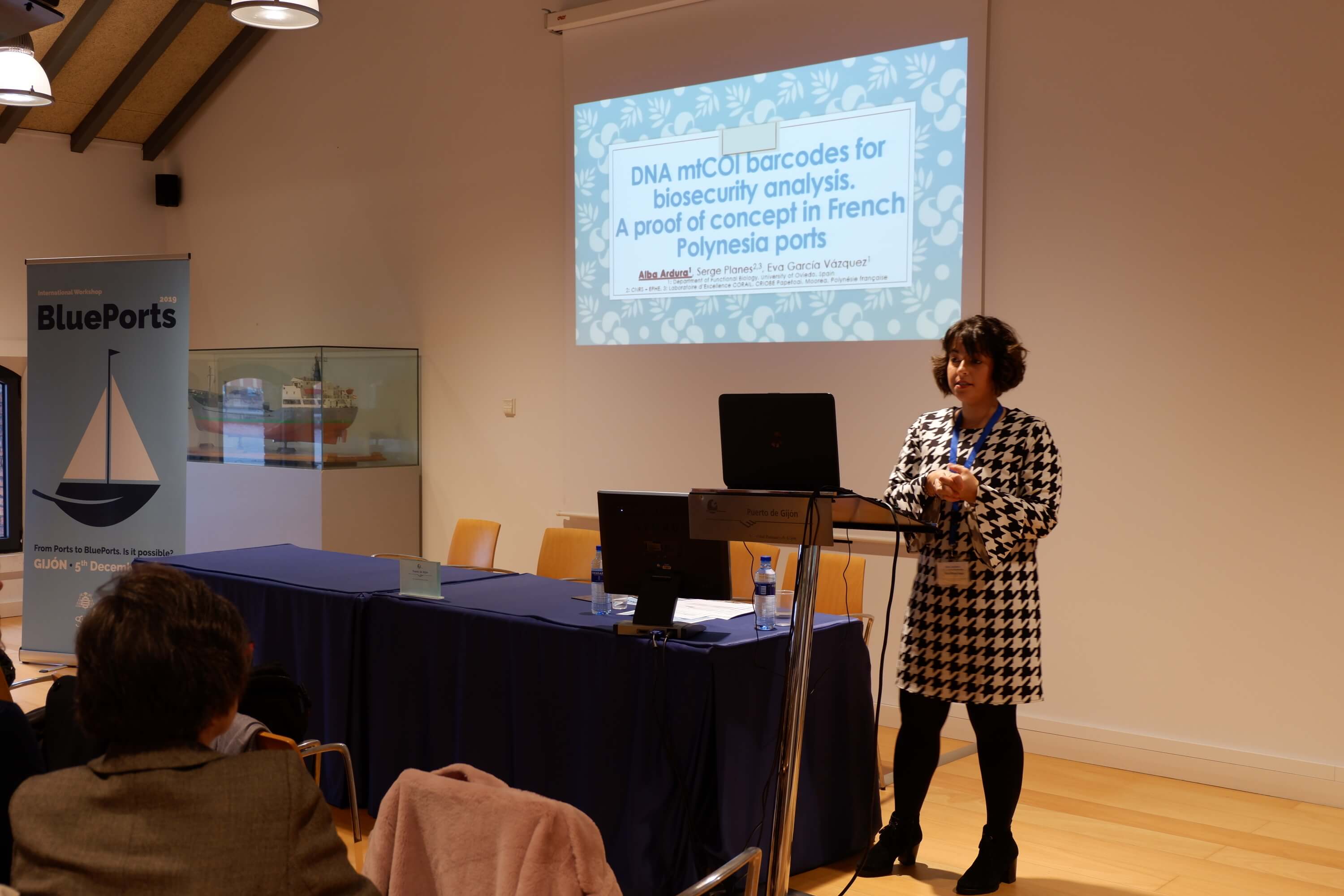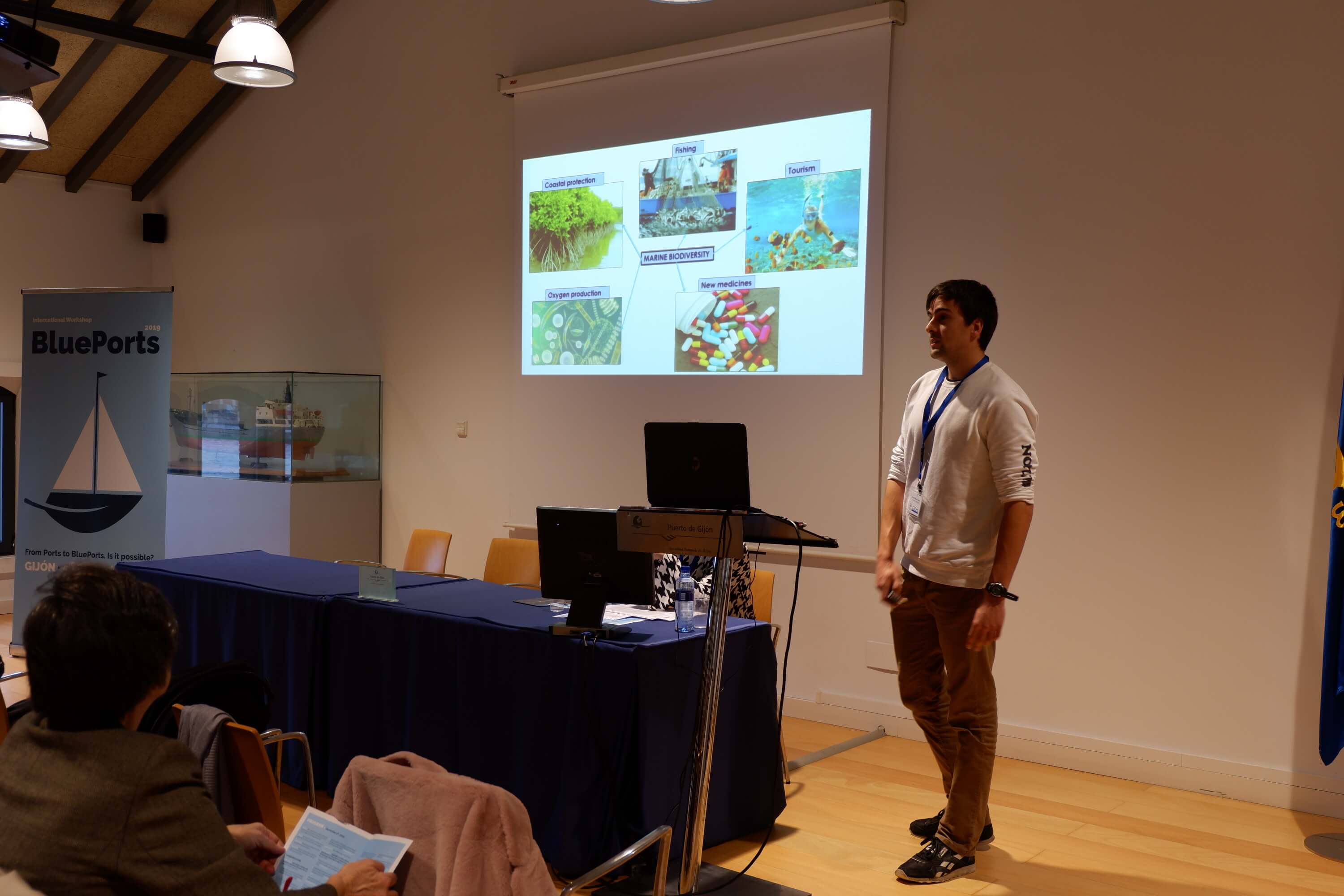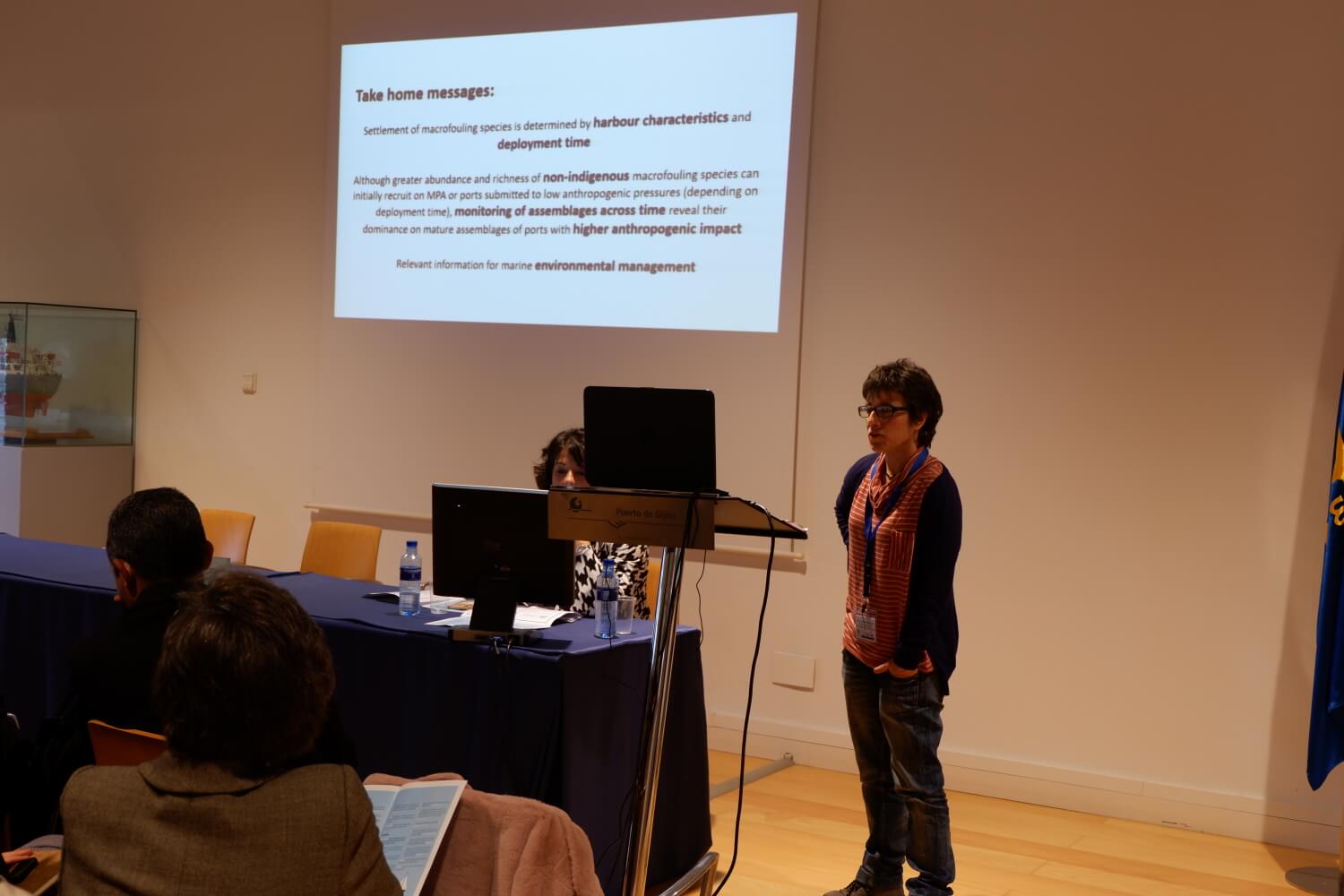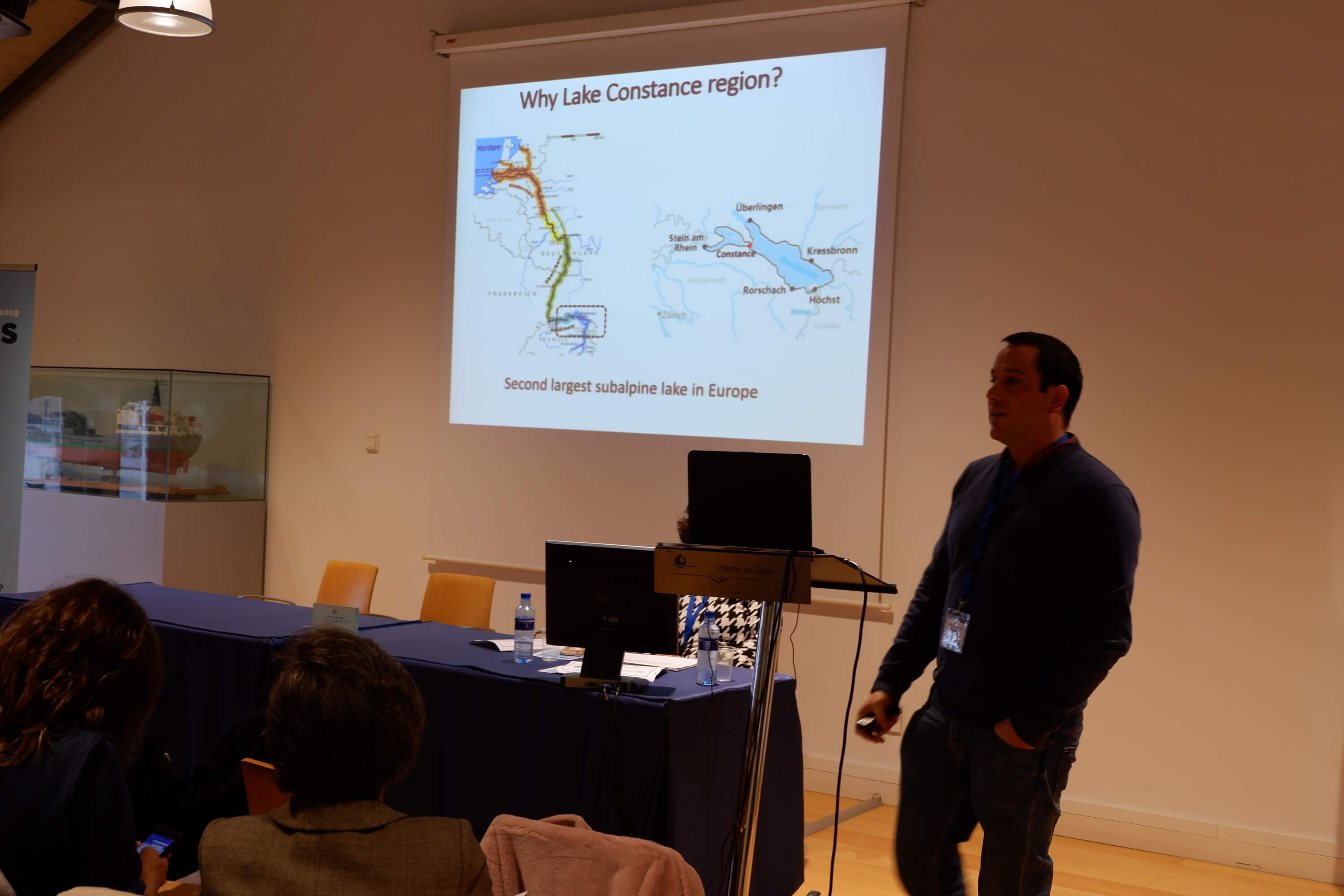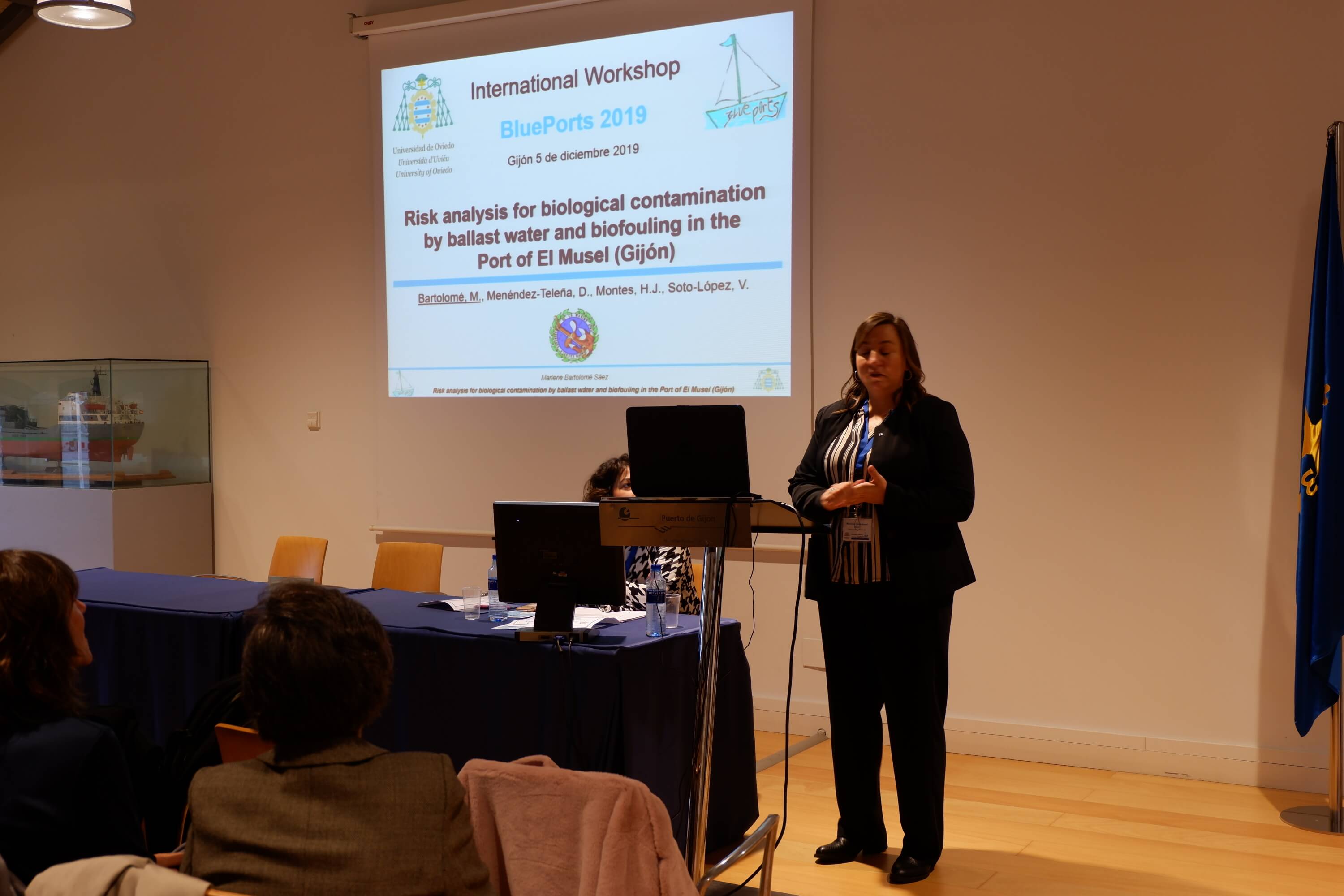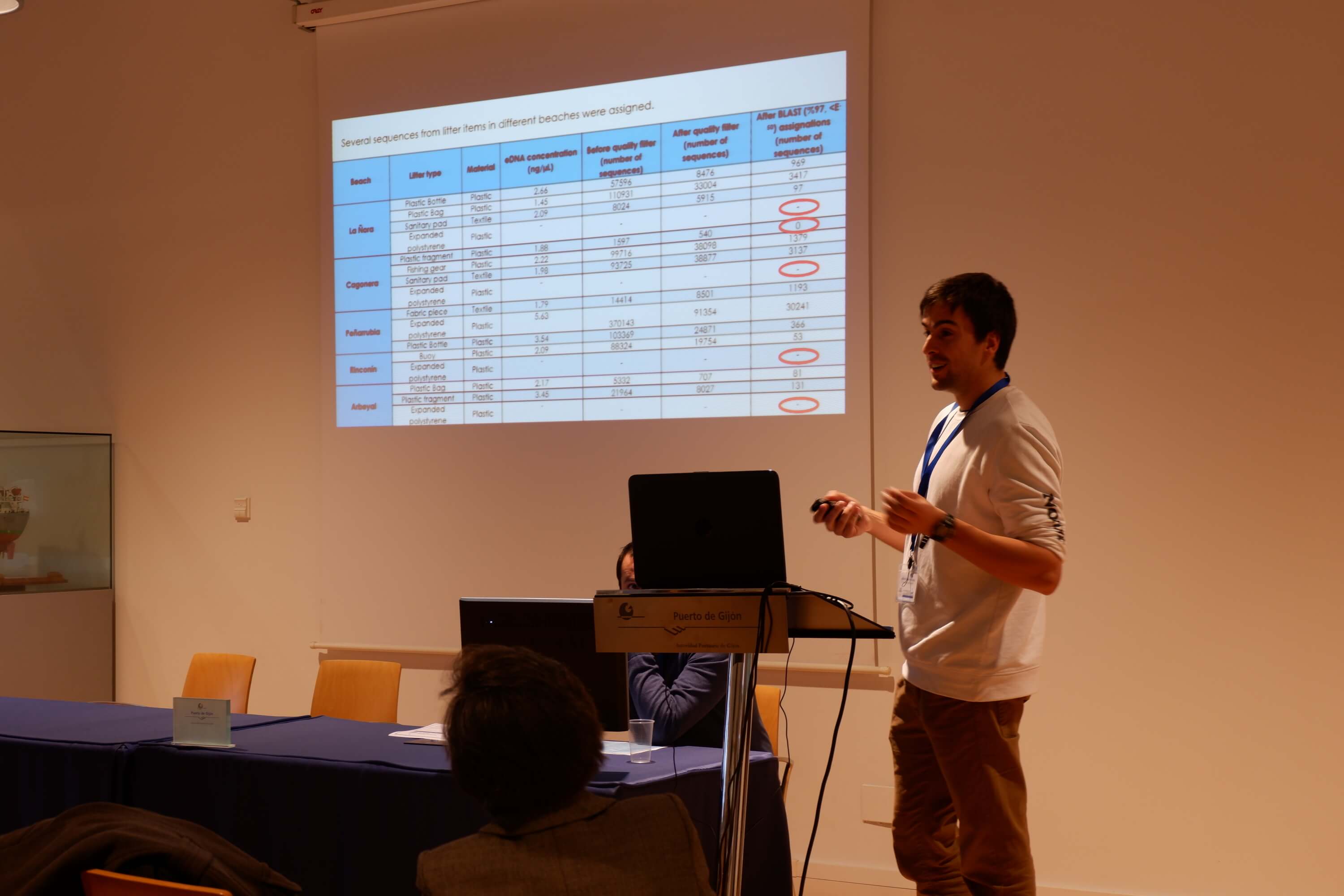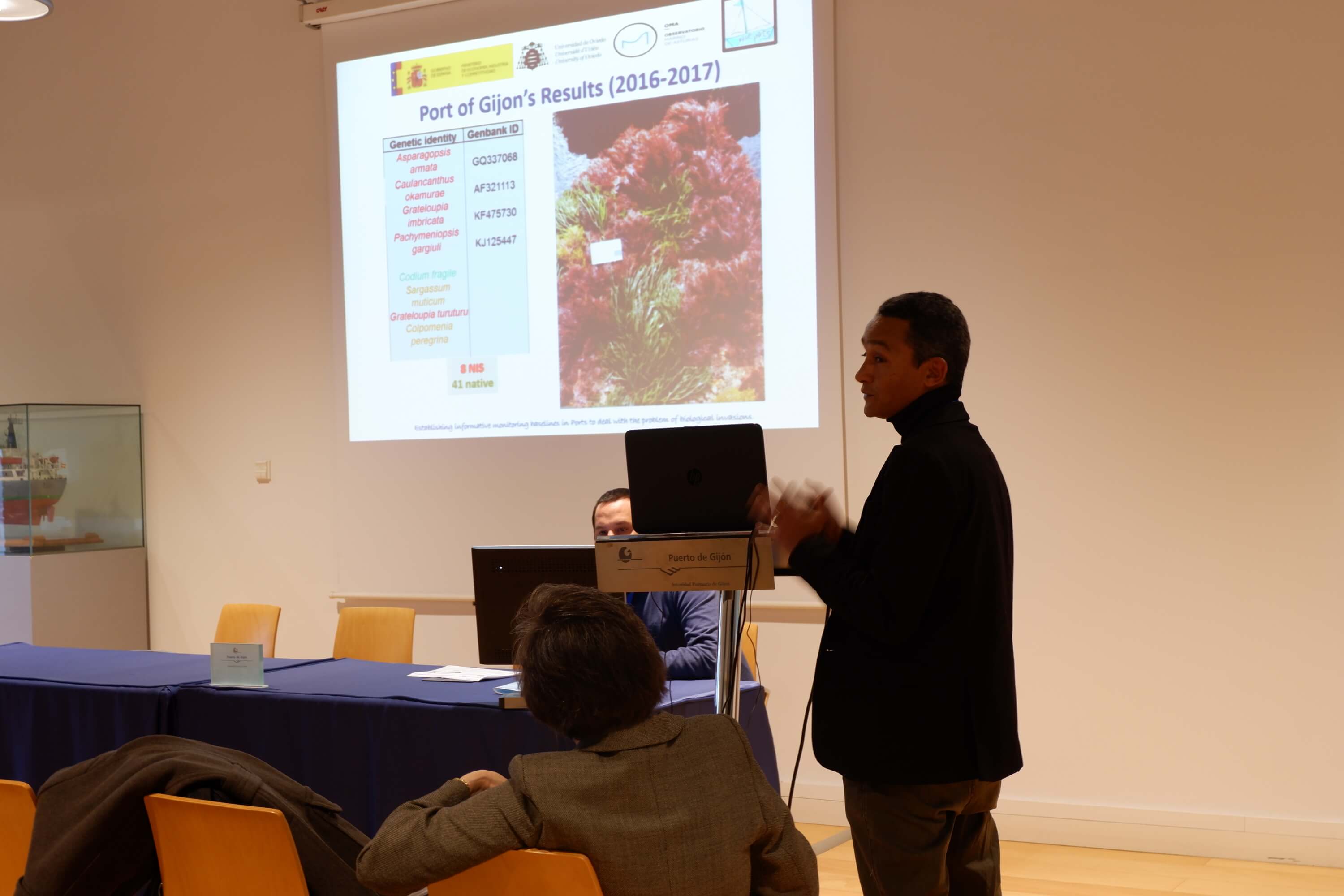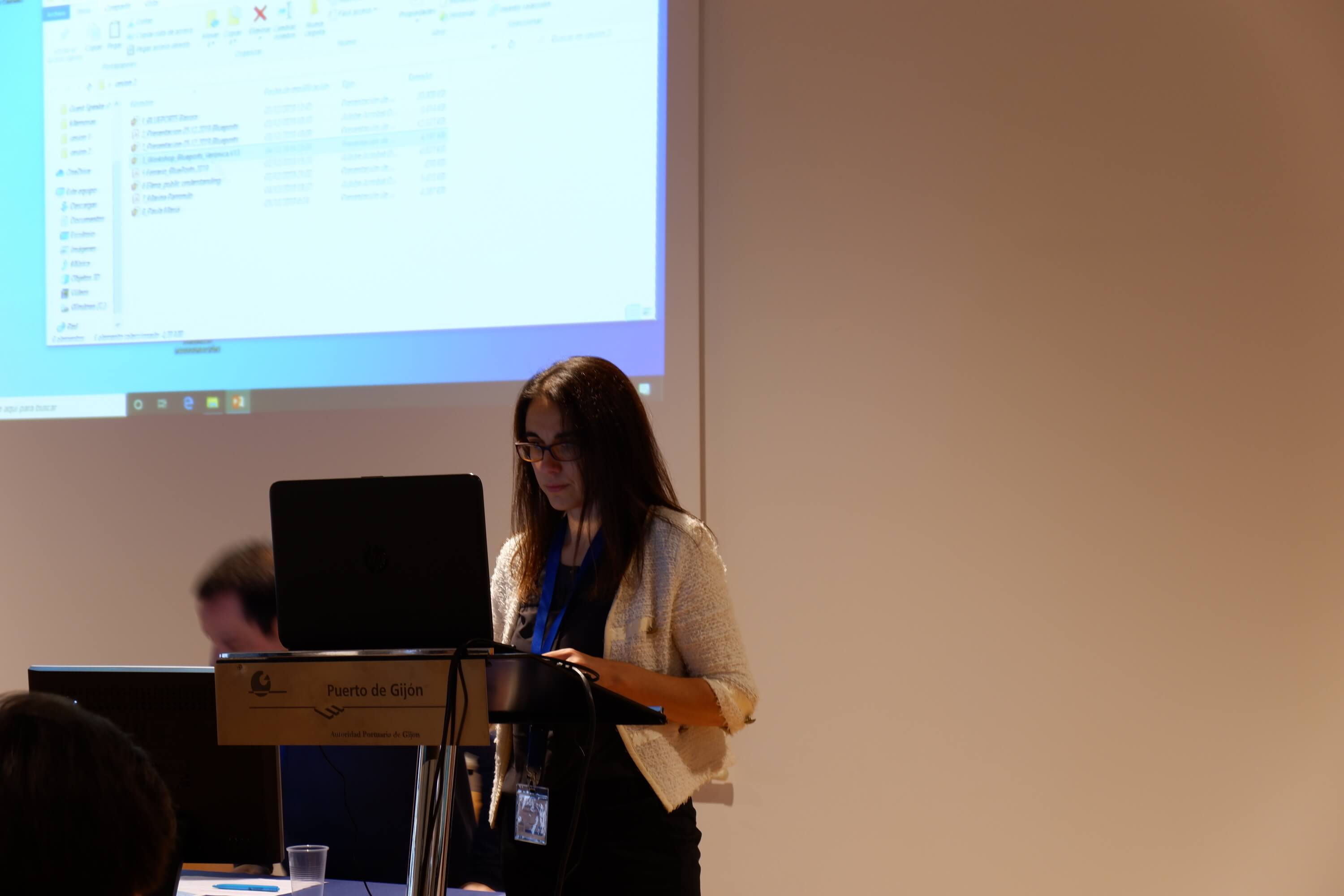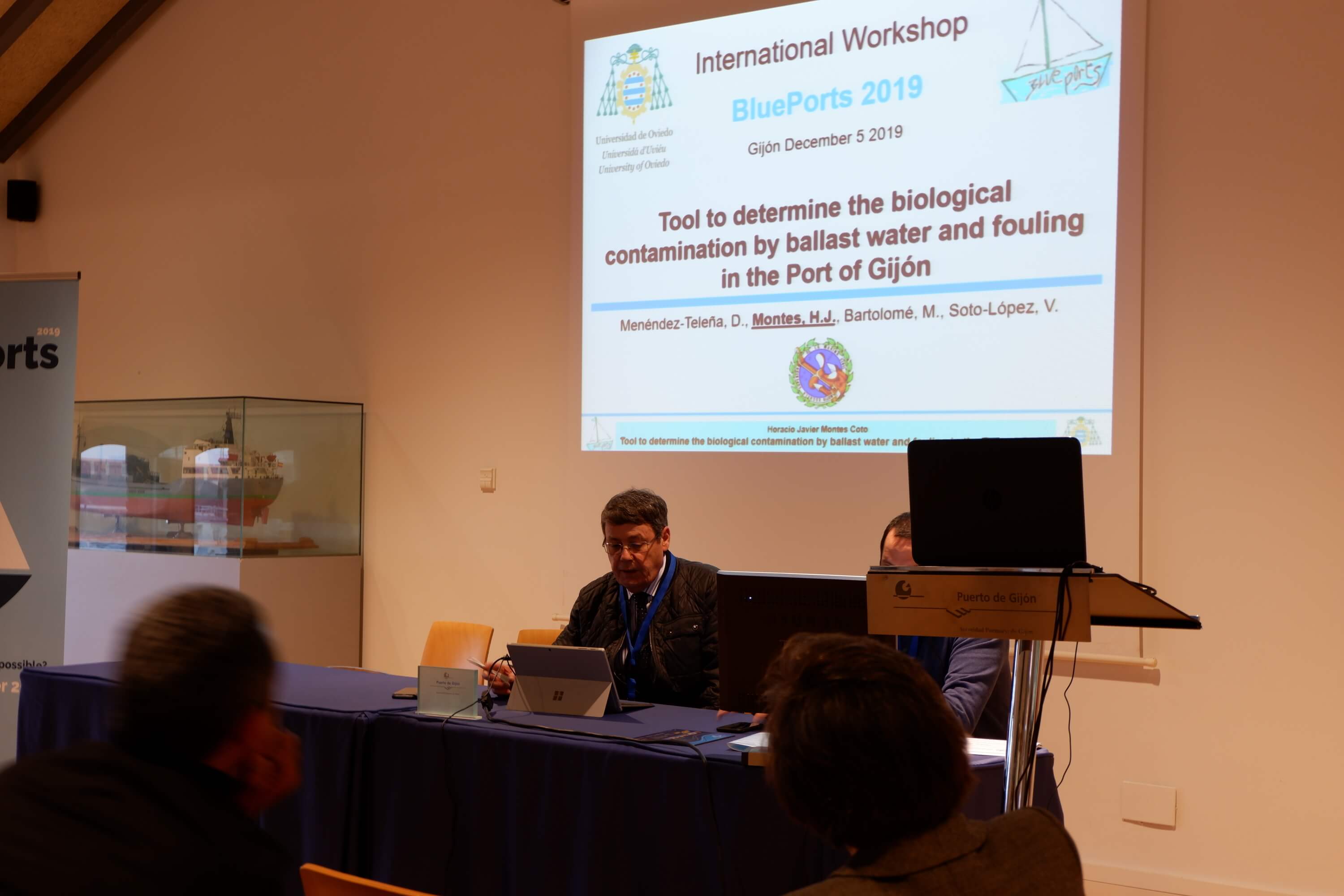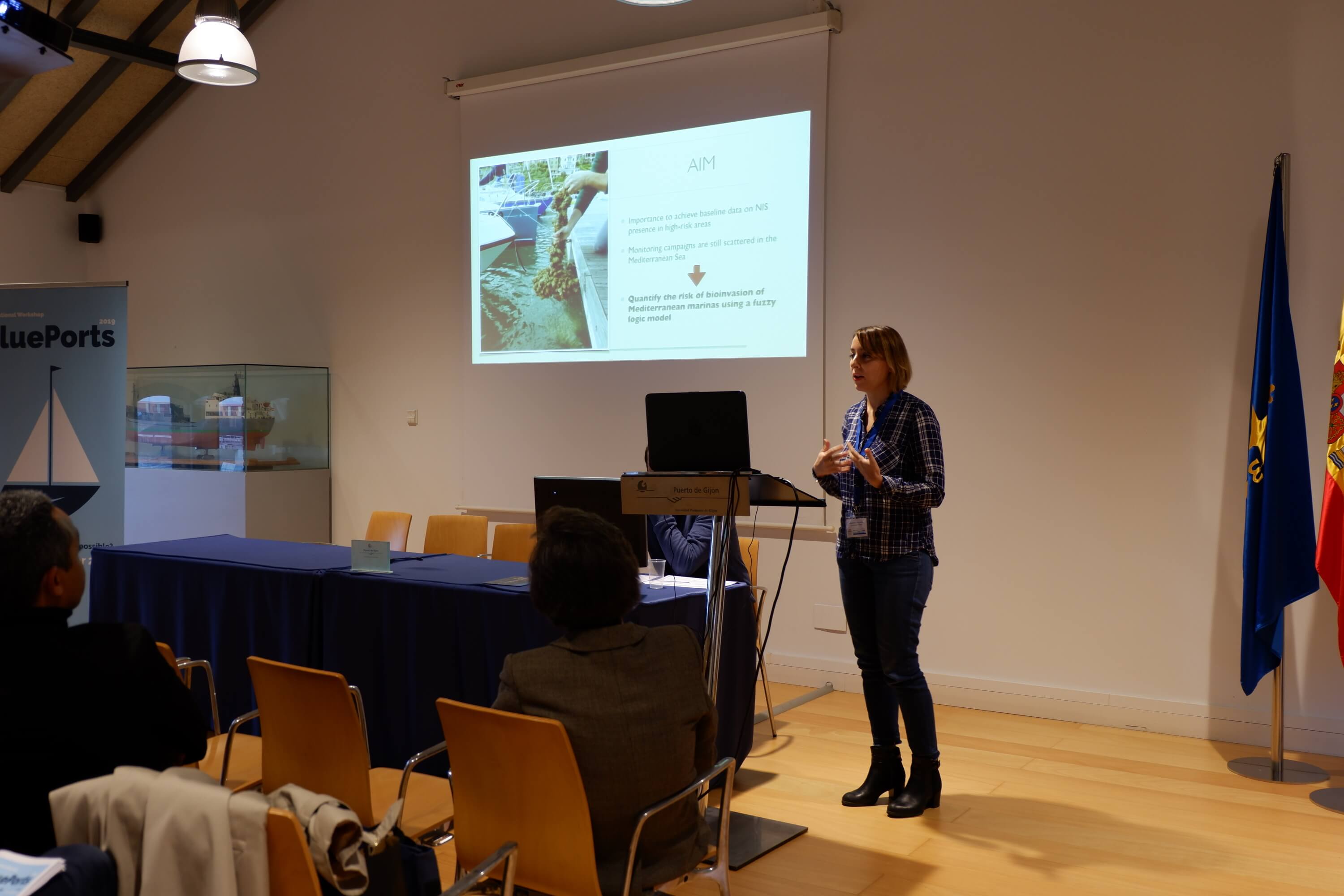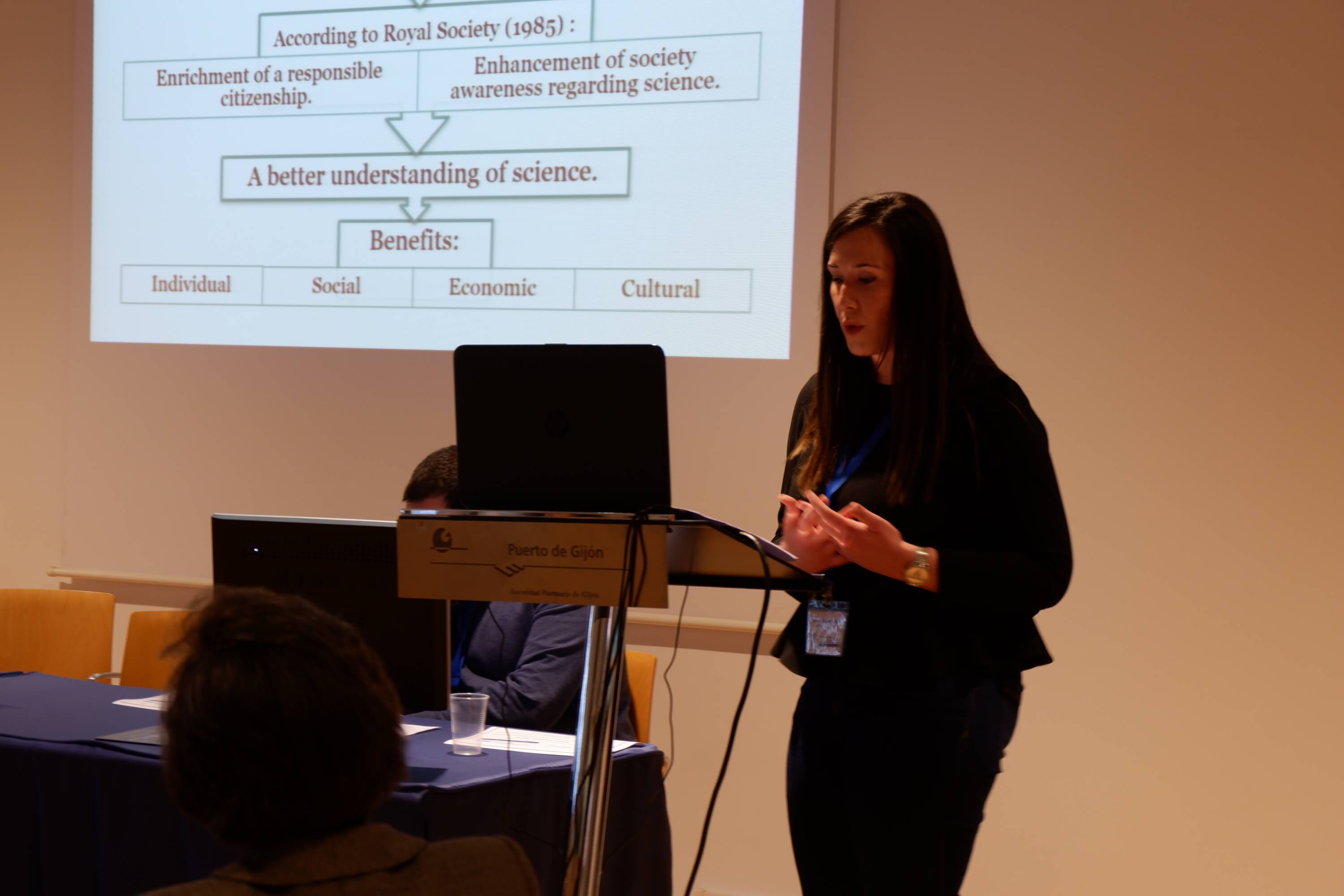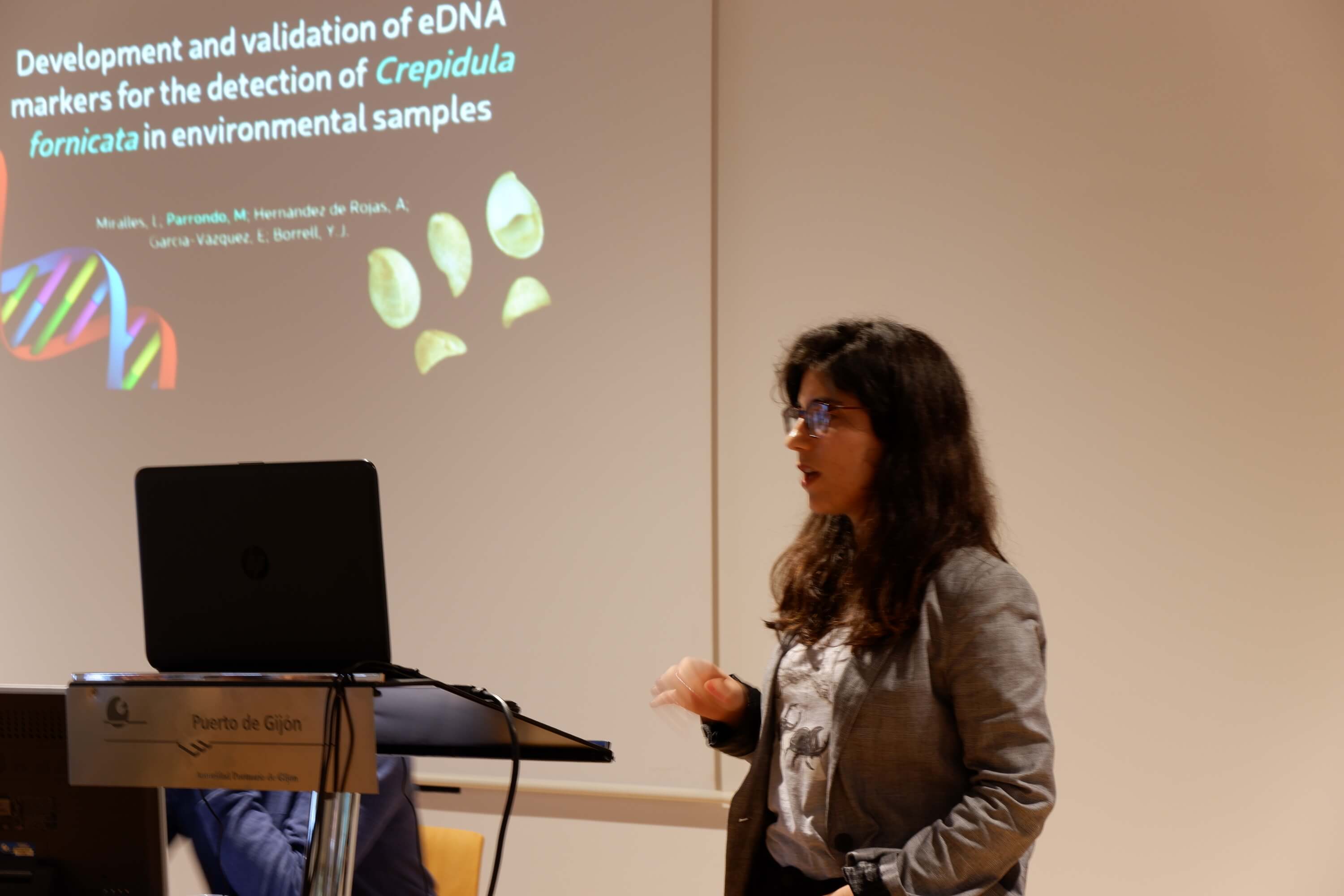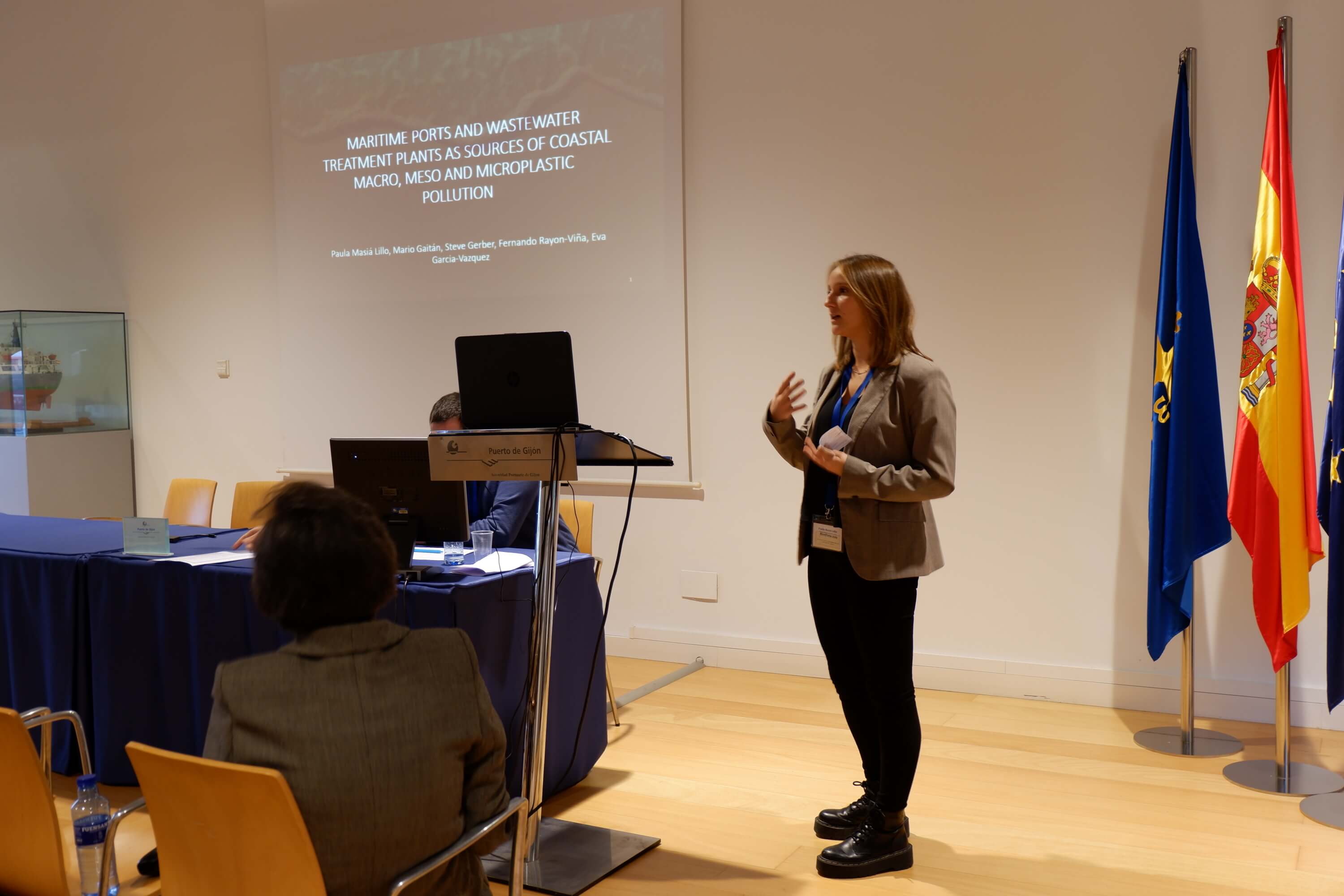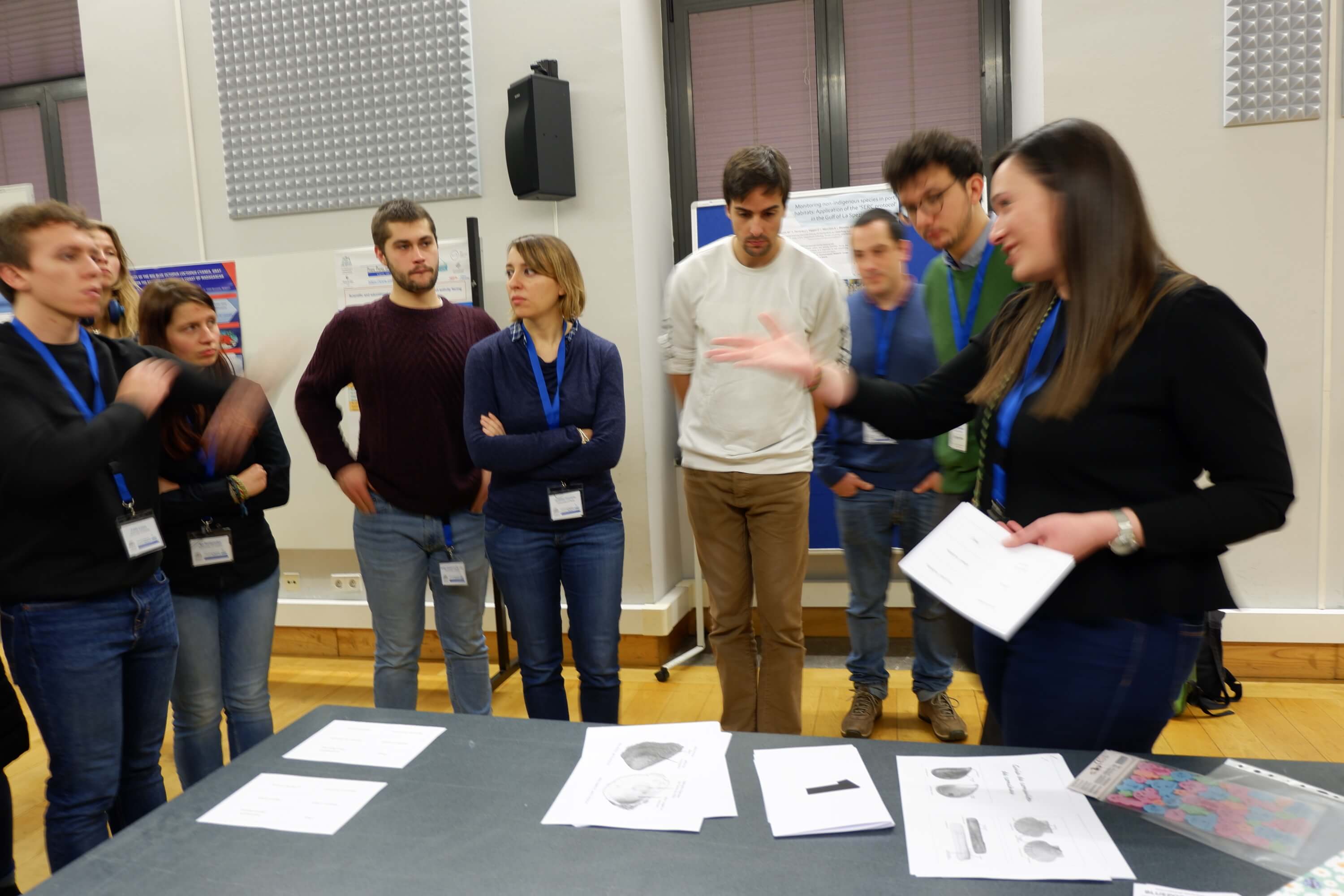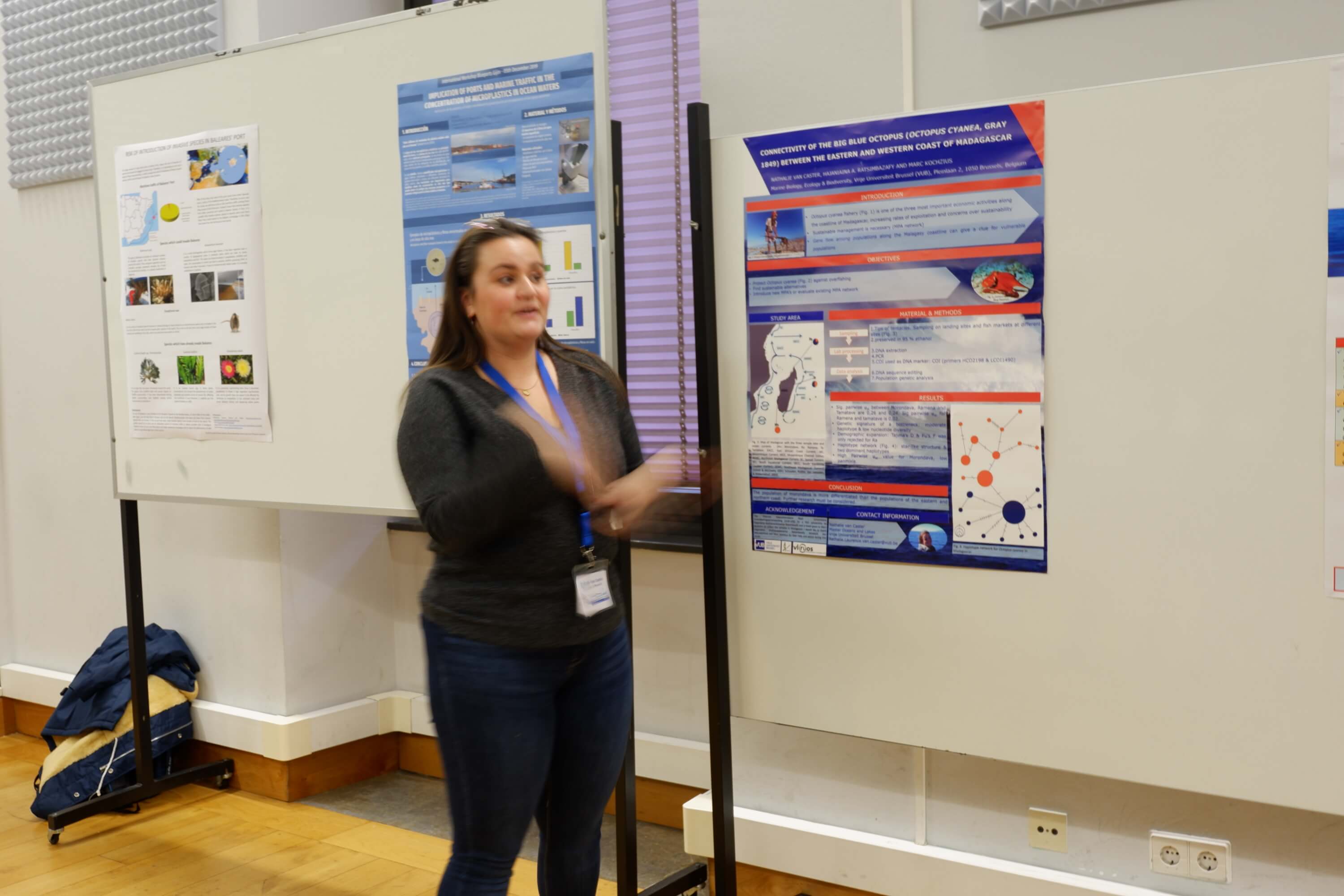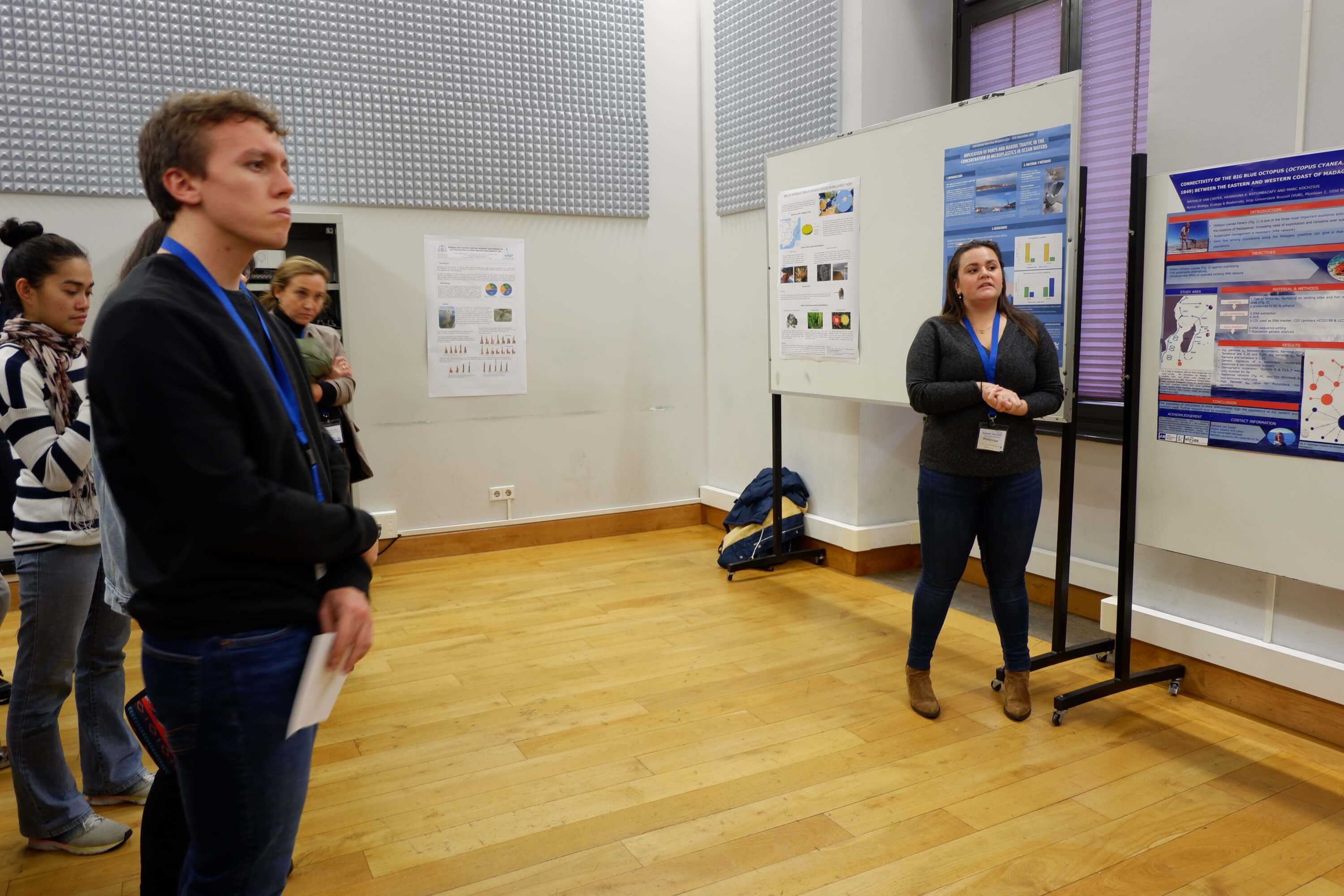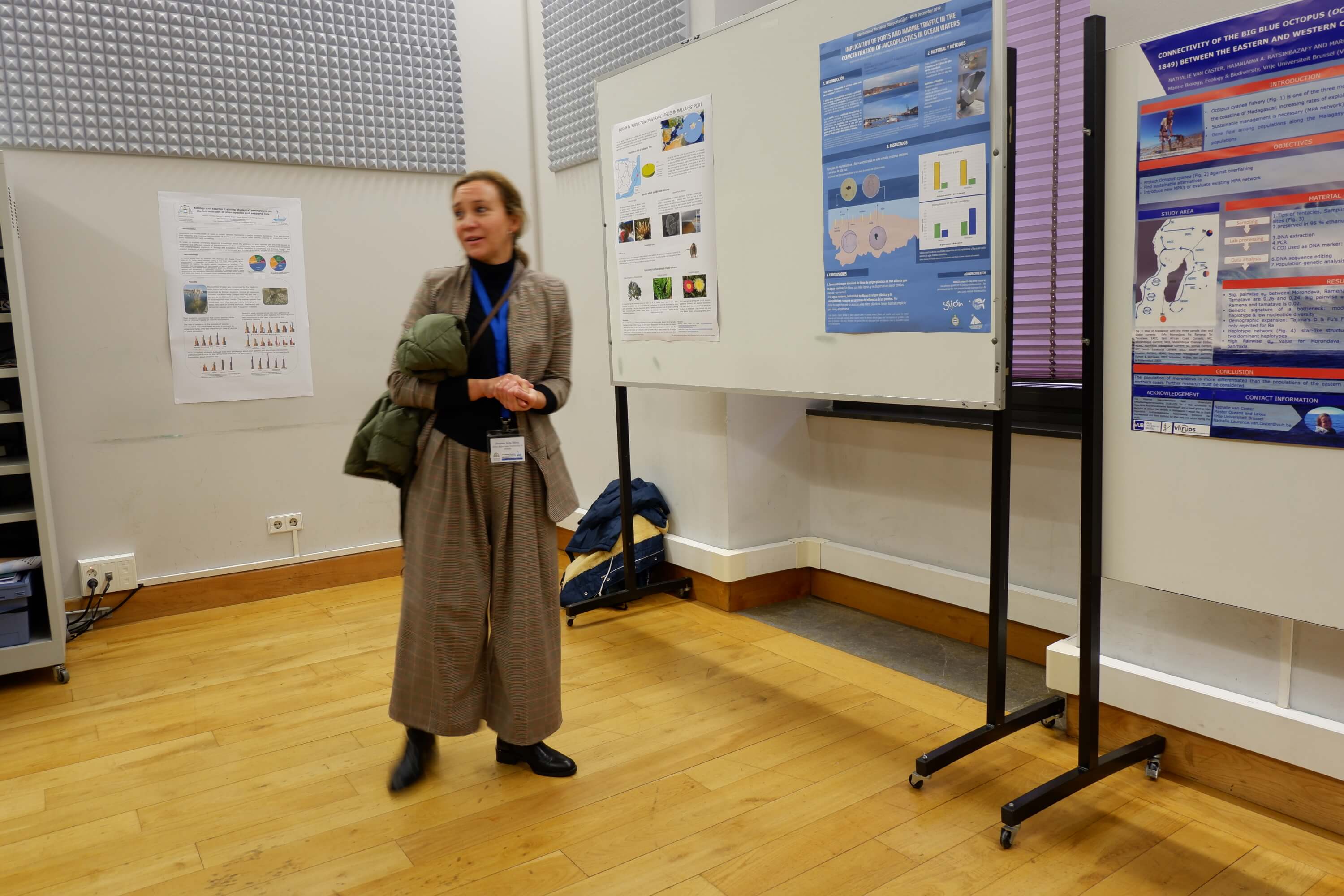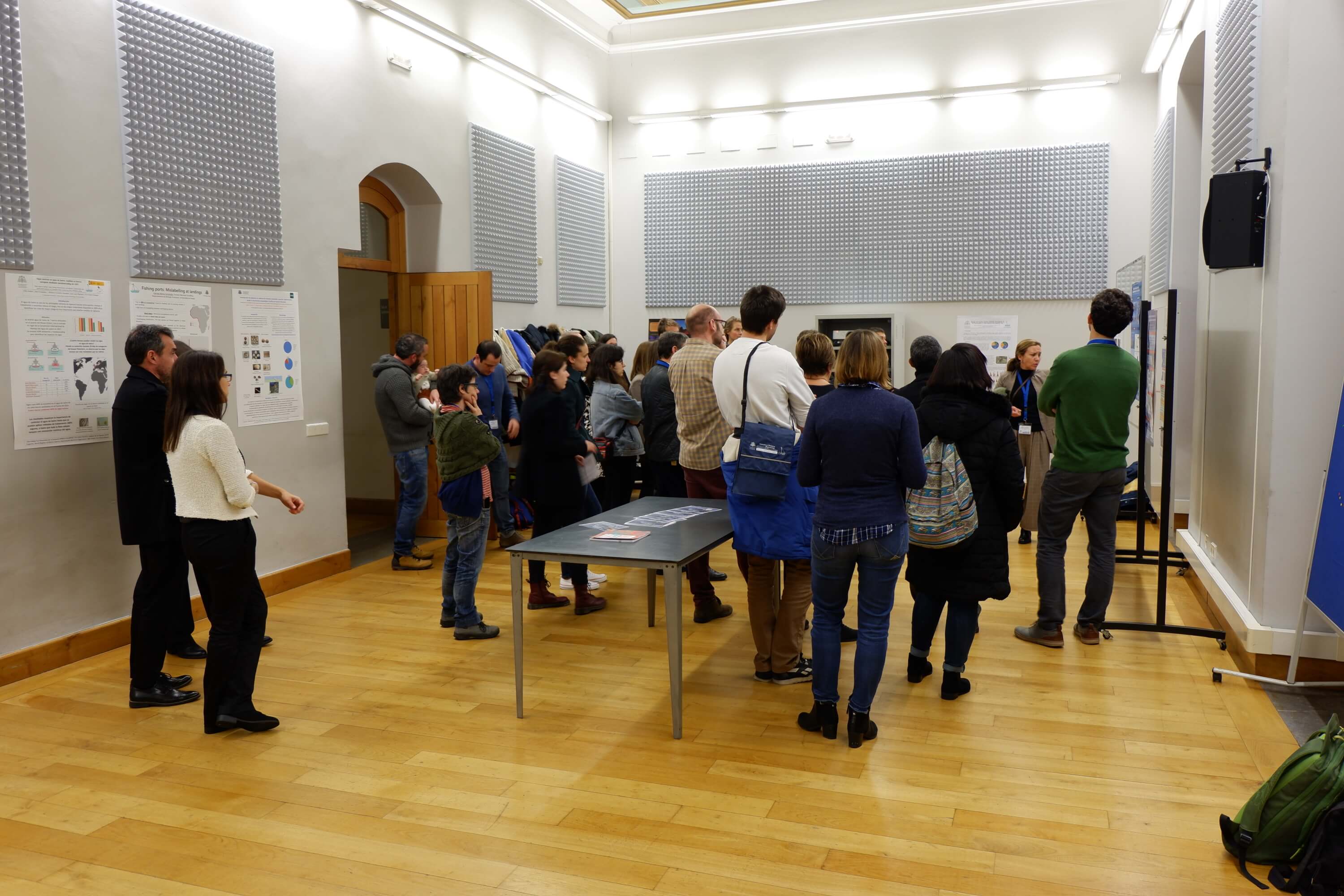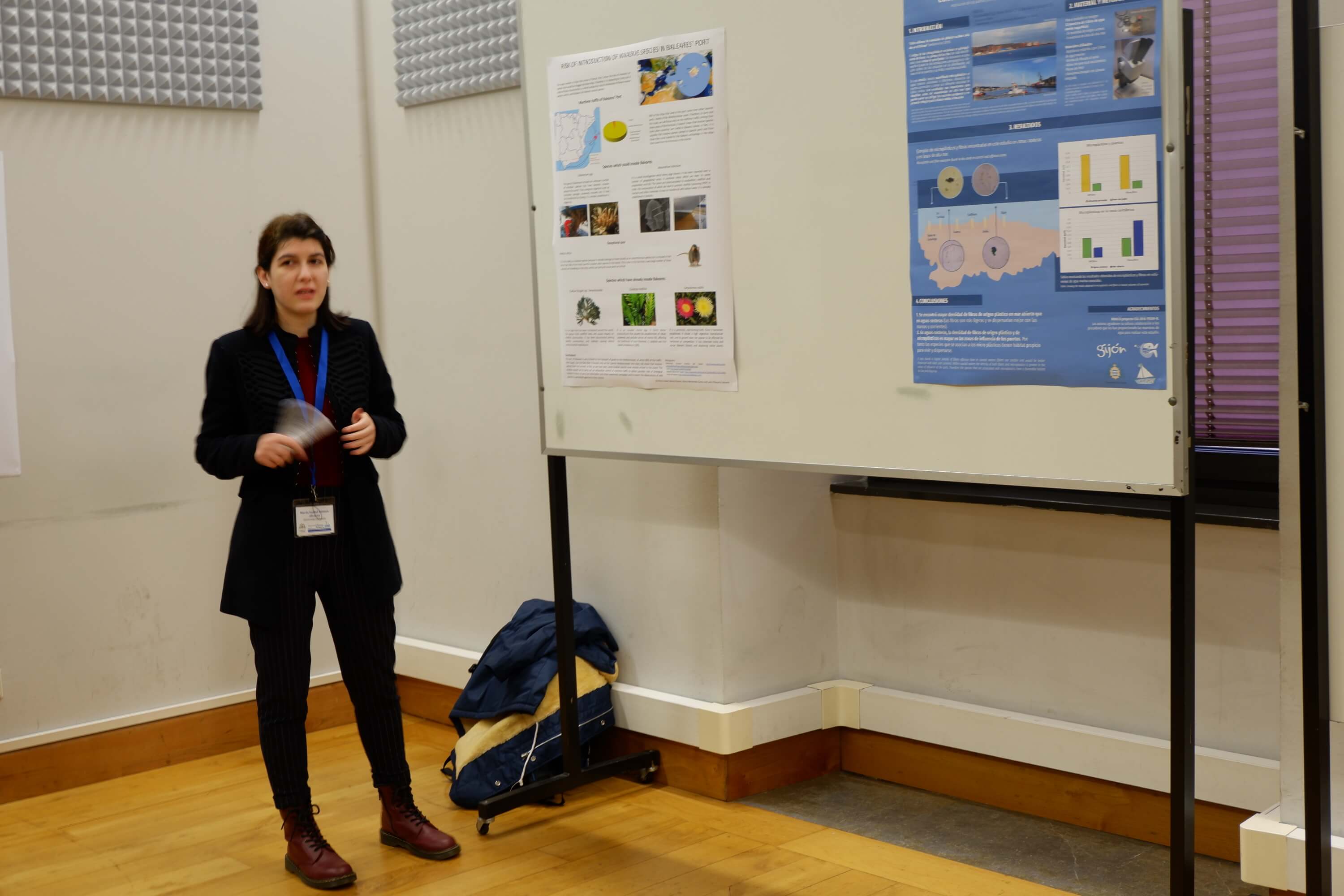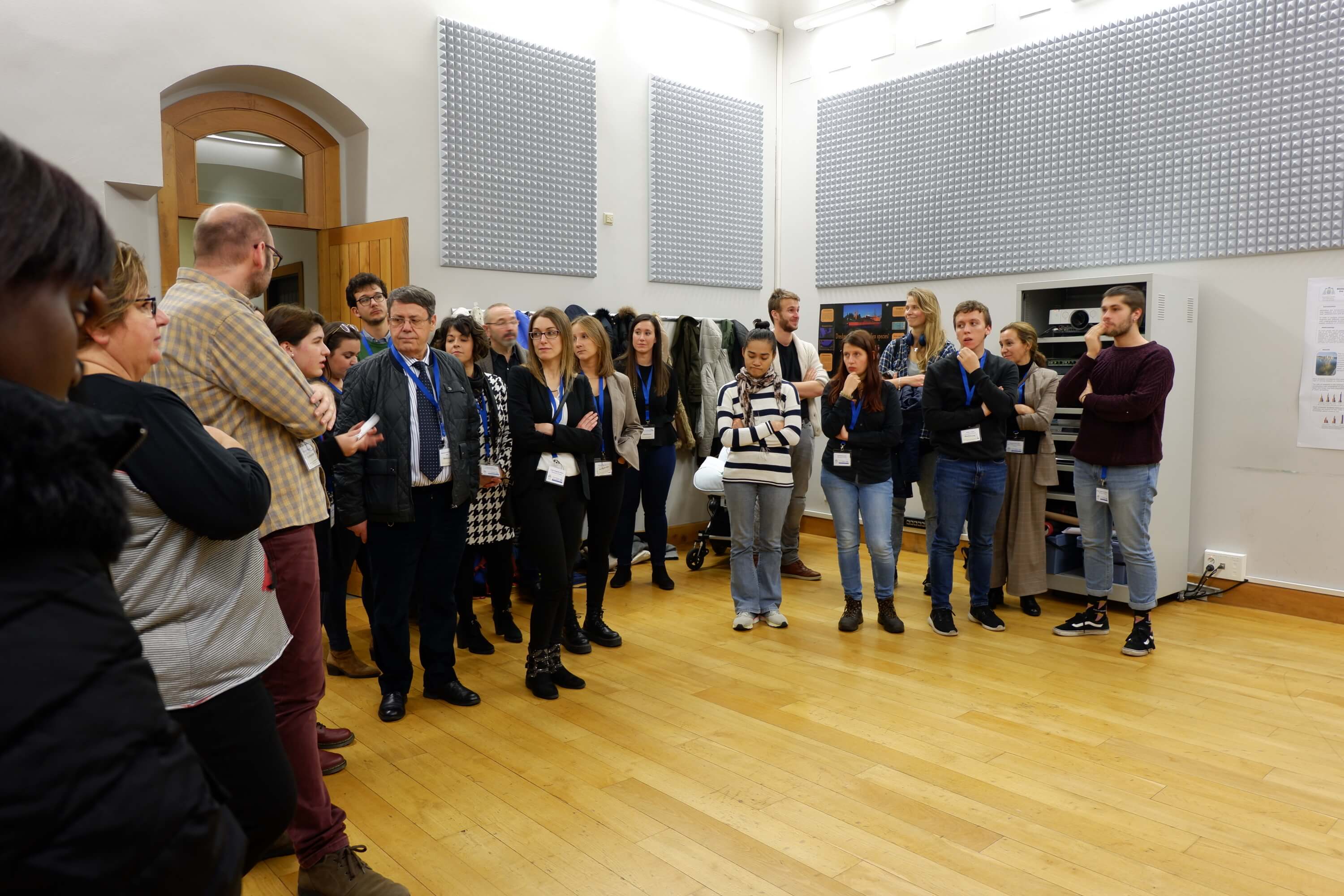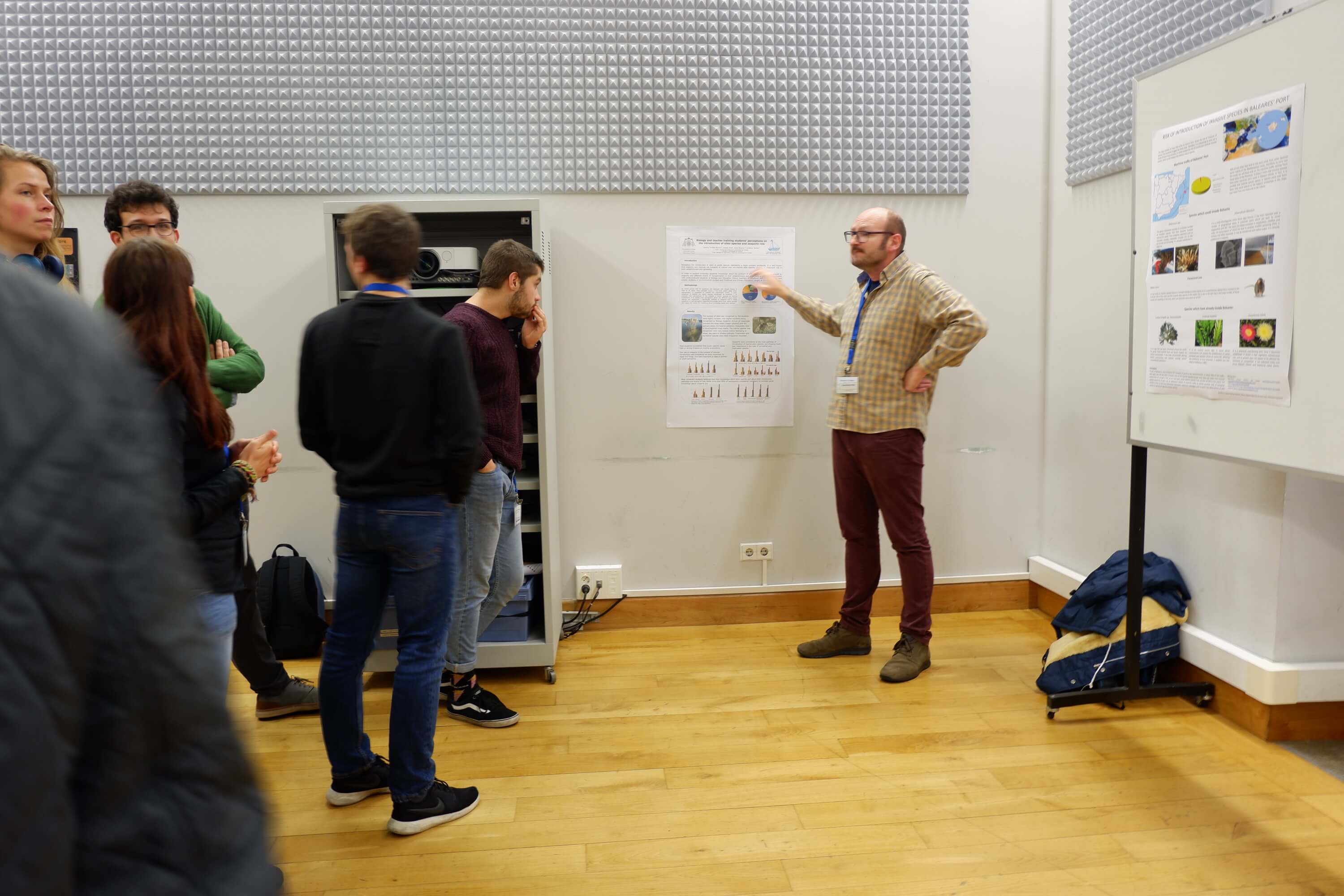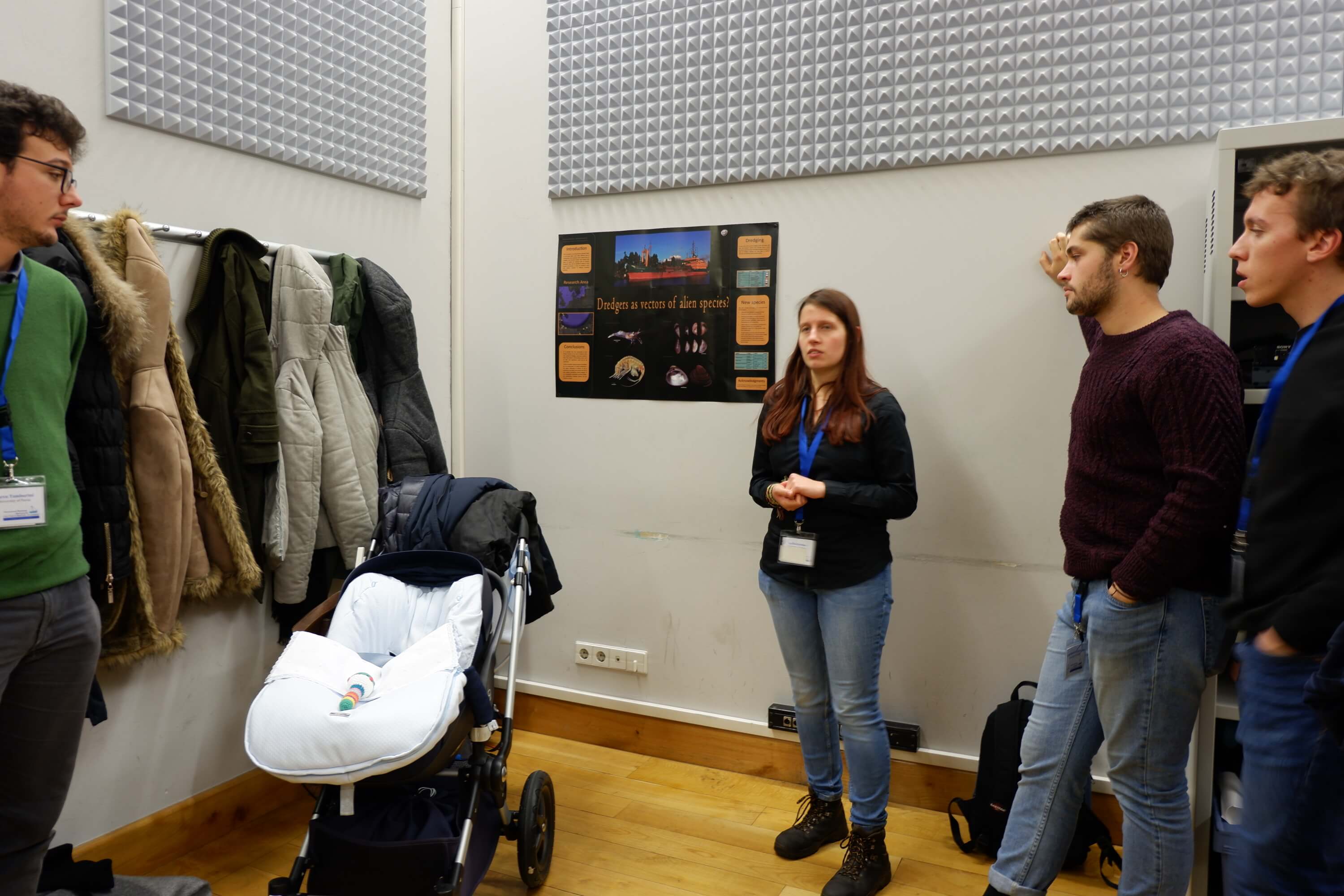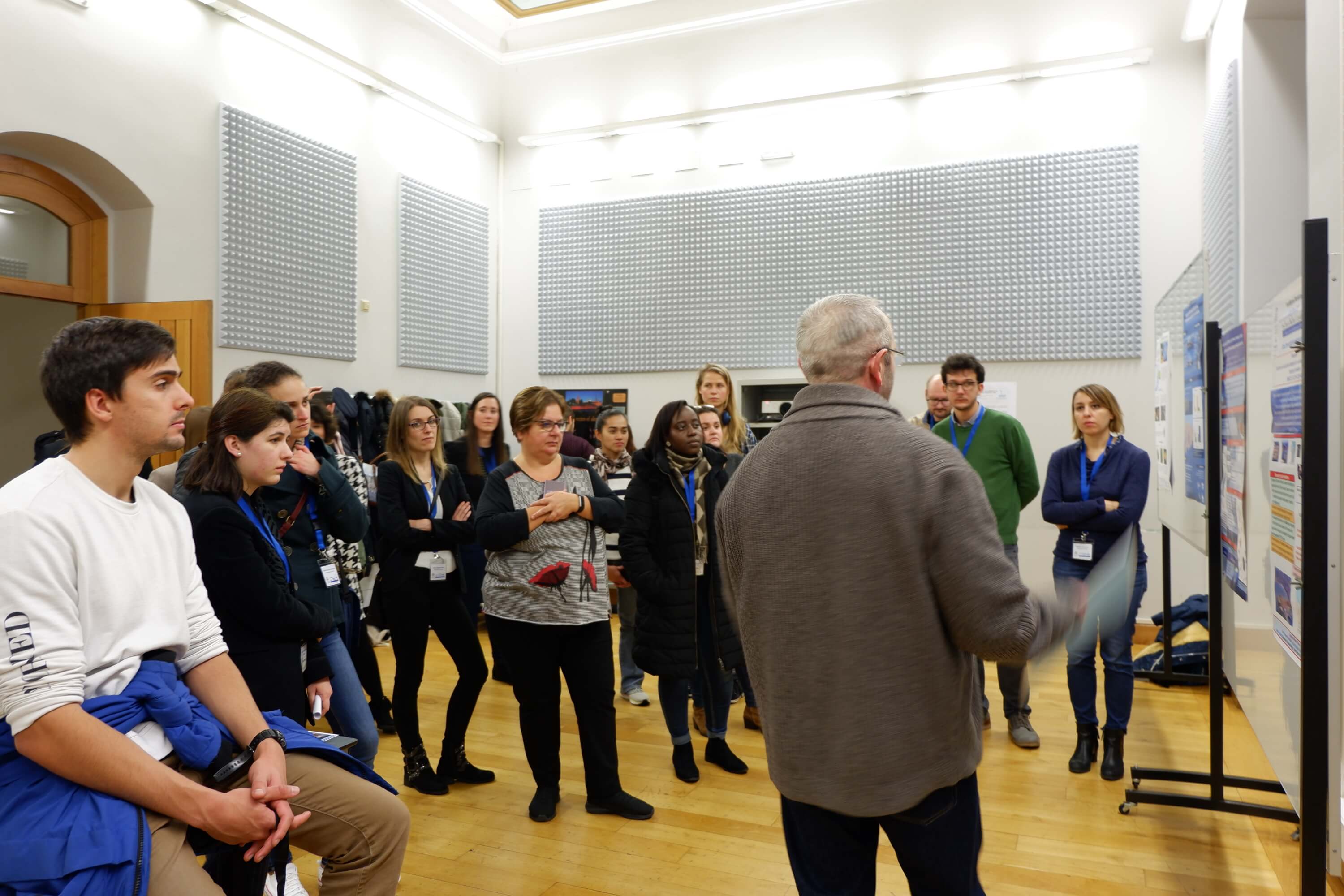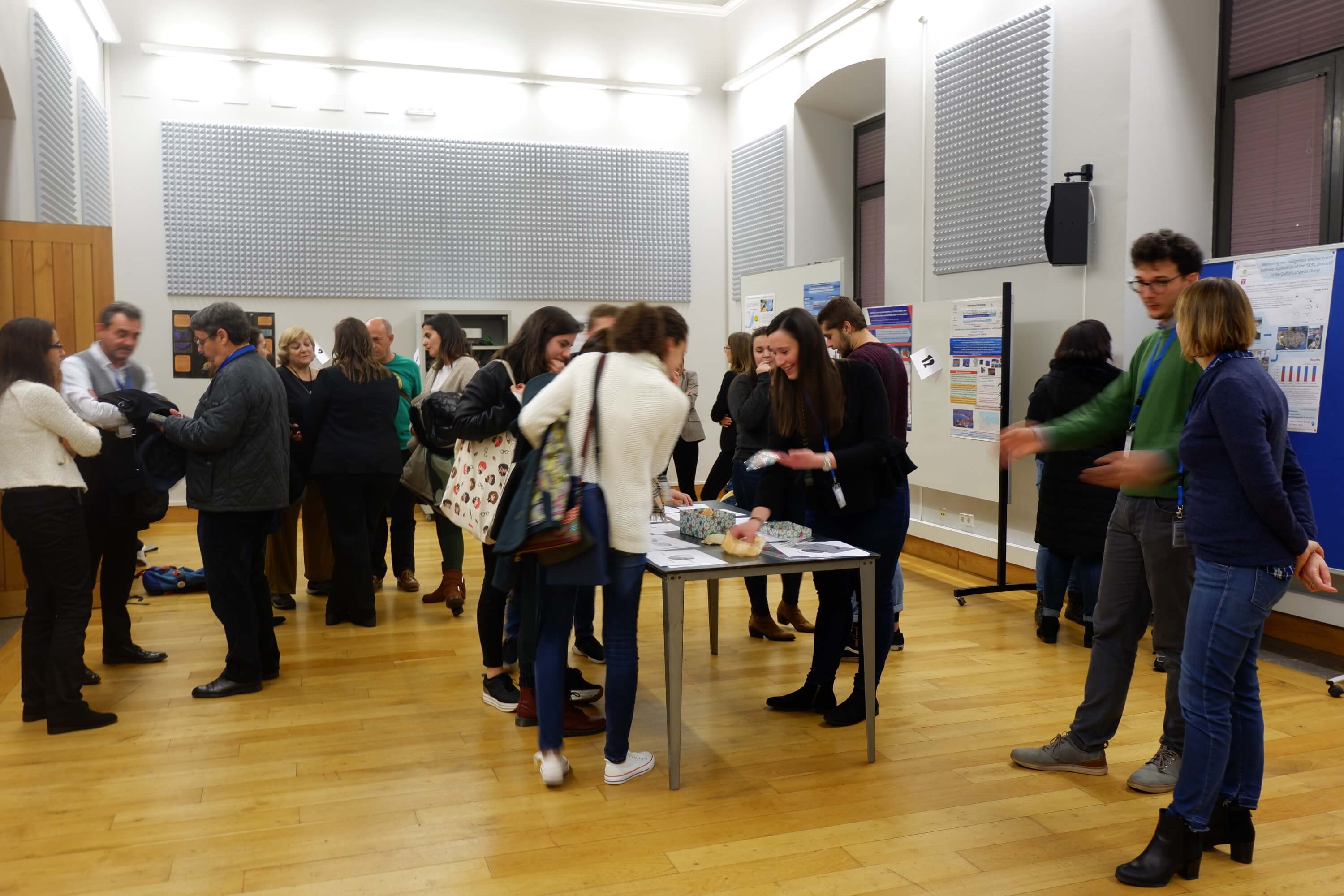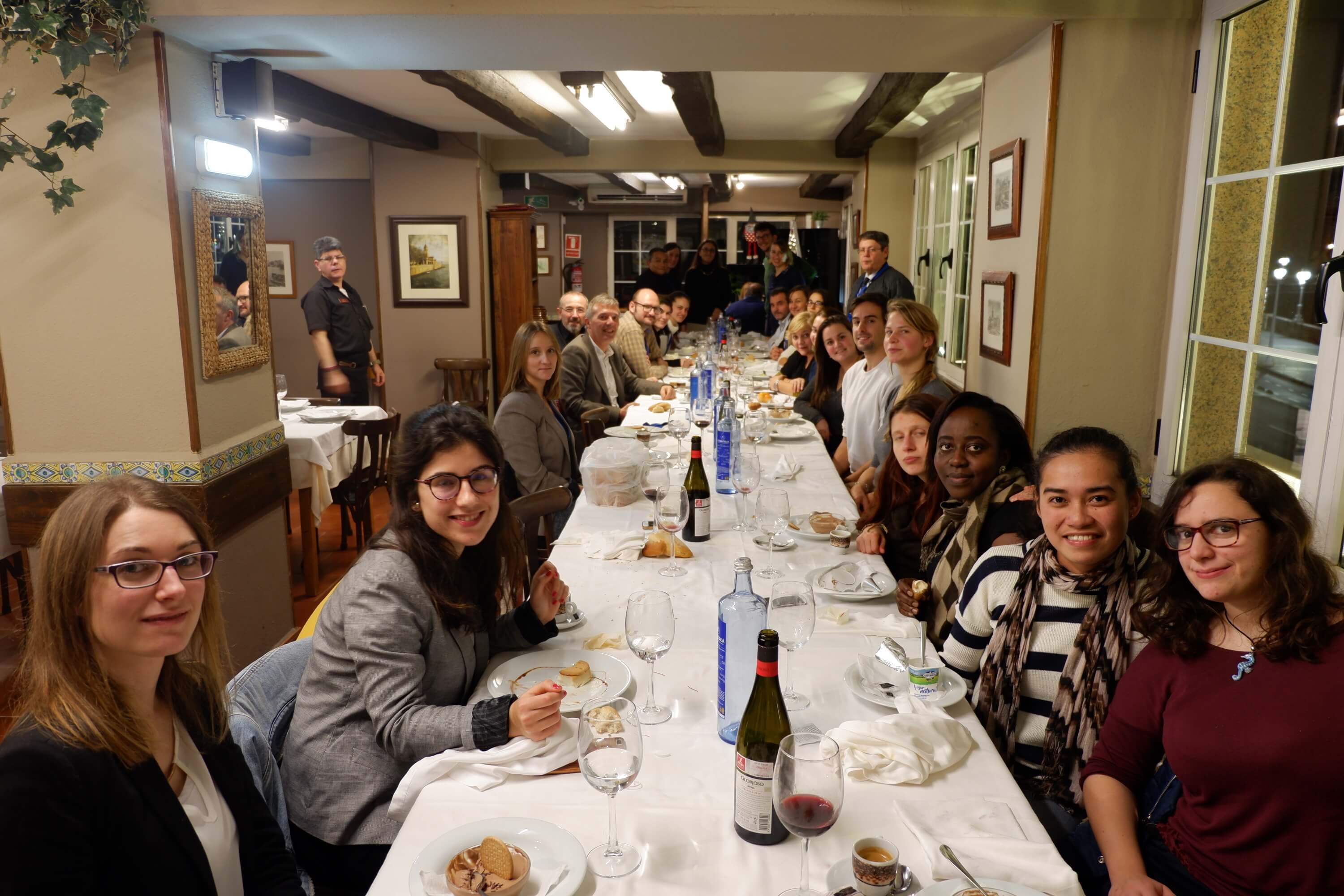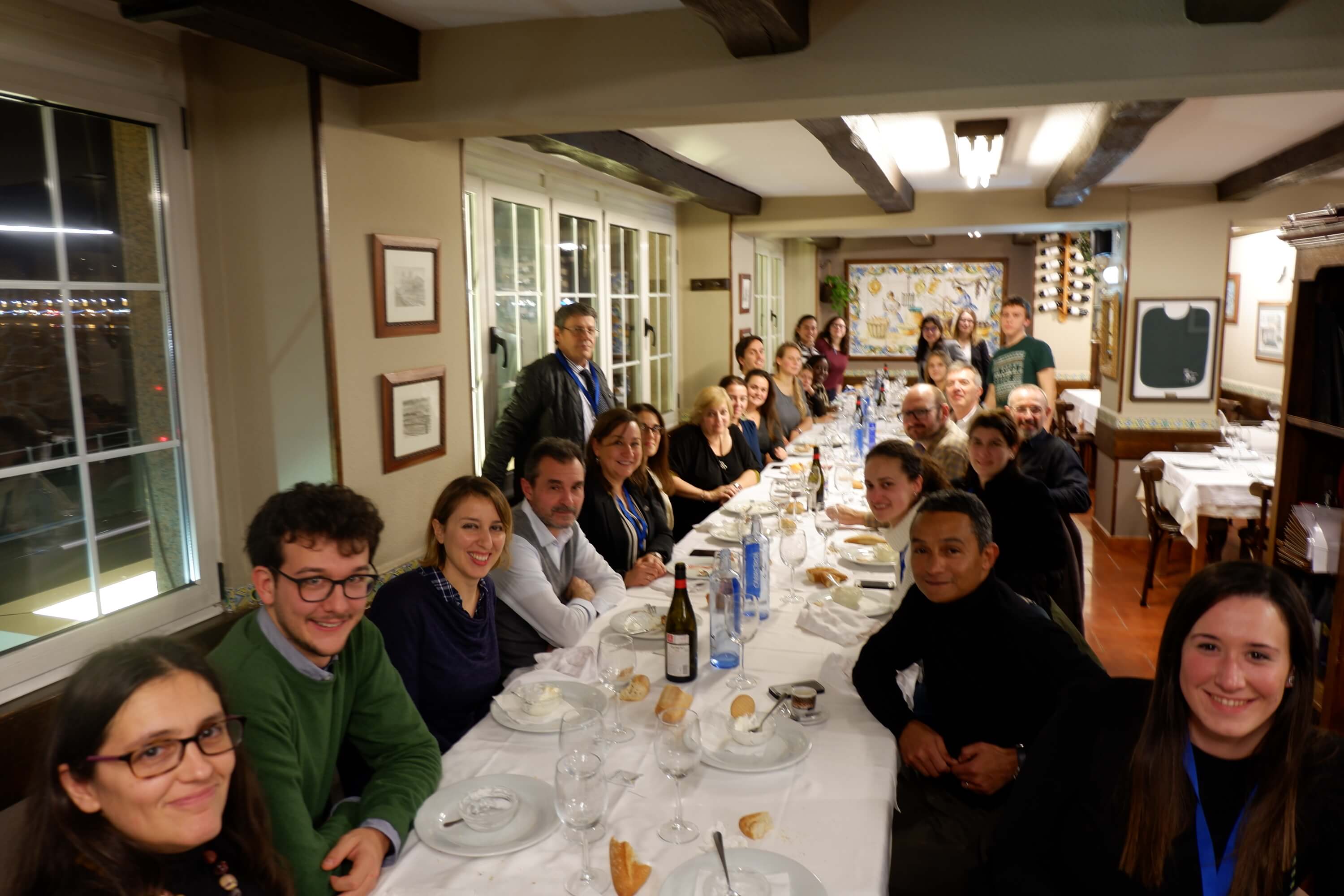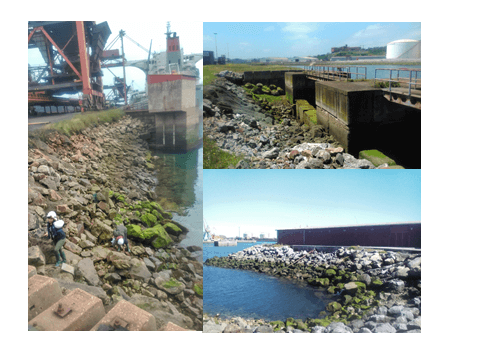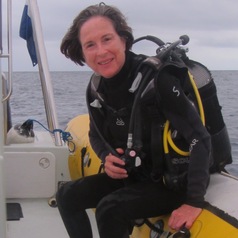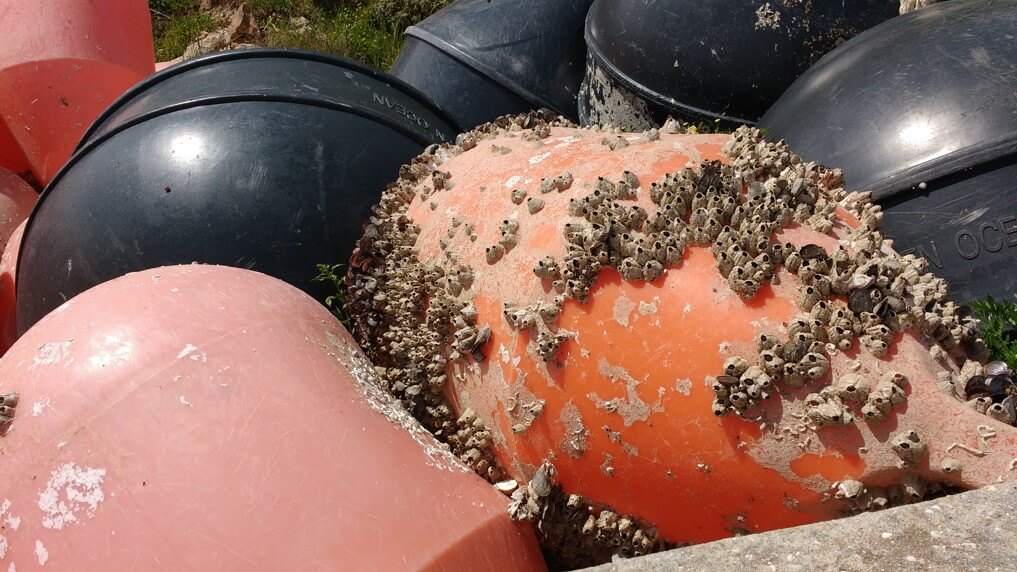December 5th, 2019
08:45: Bus Travel from Faculty of Biology (UNIOV) to Downtown of the City of Gijon (Gota de leche (https://goo.gl/maps/qriTZ9dZwZyXNot77)).
09:15: Bus Stop at Downtown of the City of Gijon (Gota de leche (https://goo.gl/maps/qriTZ9dZwZyXNot77)) and travel to the Port of Gijón.
9:30-9:45: Presentation of Blueports 2019 by Authorities (Port of Gijon).
9:45-10:30: Plenary speaker. Bella Galil: The Suez Canal and the devastation of the Mediterranean Sea biota.
Communications
10:30-12:00: Case studies of biosecurity problems associated with ports (Port of Gijon) (10 minutes).
- Large-scale assessment of non-indigenous fouling species in Mediterranean ports and recreational boat hulls. A. Marchini et al.
- DNA mtCOI barcodes for biosecurity analysis. A proof of concept in French Polynesia ports. A. Ardura et al.
- Environmental assessments including species invasiveness in industrial ports using metabarcoding: The Port of Gijon, Bay of Biscay, as a case study. A. Ibabe et al.
- Monitoring Marine Exotic Species in the Ria de Vigo.E. E. Cacabelos et al.
- Nuisance species in Lake Constance Ports revealed through eDNA. G. Machado & Clusa L.
- Risk analysis for biological contamination by ballast water and biofouling in the Port of El Musel (Gijón). M. Bartolomé et al.
12:00-12:20: The coffee break. (Port of Gijon).
12:20-14:30: Scientific and Educational Approaches to face environmental problems in port areas (Port of Gijon) (10 minutes).
- Plastic and textile marine litter as reservoirs for secondary species dispersal from ports. A. Ibabe et al.
- Establishing informative monitoring baselines in Ports to deal with the problem of biological invasions. L. Miralles, Borrell Y.J. et al.
- The need for a tool to analyse the data and determine the risk of invasive species. V. Soto-López et al.
- Tool to determine the biological contamination by ballast water and fouling in the Port of Gijón. D. Menéndez-Teleña, Montes H. et al.
- A fuzzy model to assess marinas at high-risk of bioinvasion in the Mediterranean Sea. J. Ferrario et al.
- Social perception and public understanding of science in adults enrolled in Blueports project scientific outreach. E. Arboleya & Dopico E.
- Development and validation of eDNA markers for the detection of Crepidula fornicata in environmental samples. L. Miralles, Parrondo M. et al.
- Maritime ports as sources of macro and microplastic pollution in sandy beaches. A case study in central Bay of Biscay. P. Masia et al.
14:30: Bus travel from Port of Gijon to Downtown of the City of Gijon (Plaza del Carmen (https://goo.gl/maps/5sVtsqprrH6SB74aA)).
15:00-16:30: The lunch (Downtown of the City of Gijon- Casa Gloria- Esther and Nacho Manzano (https://goo.gl/maps/HQ2ppucwTUuViFQ68)).


